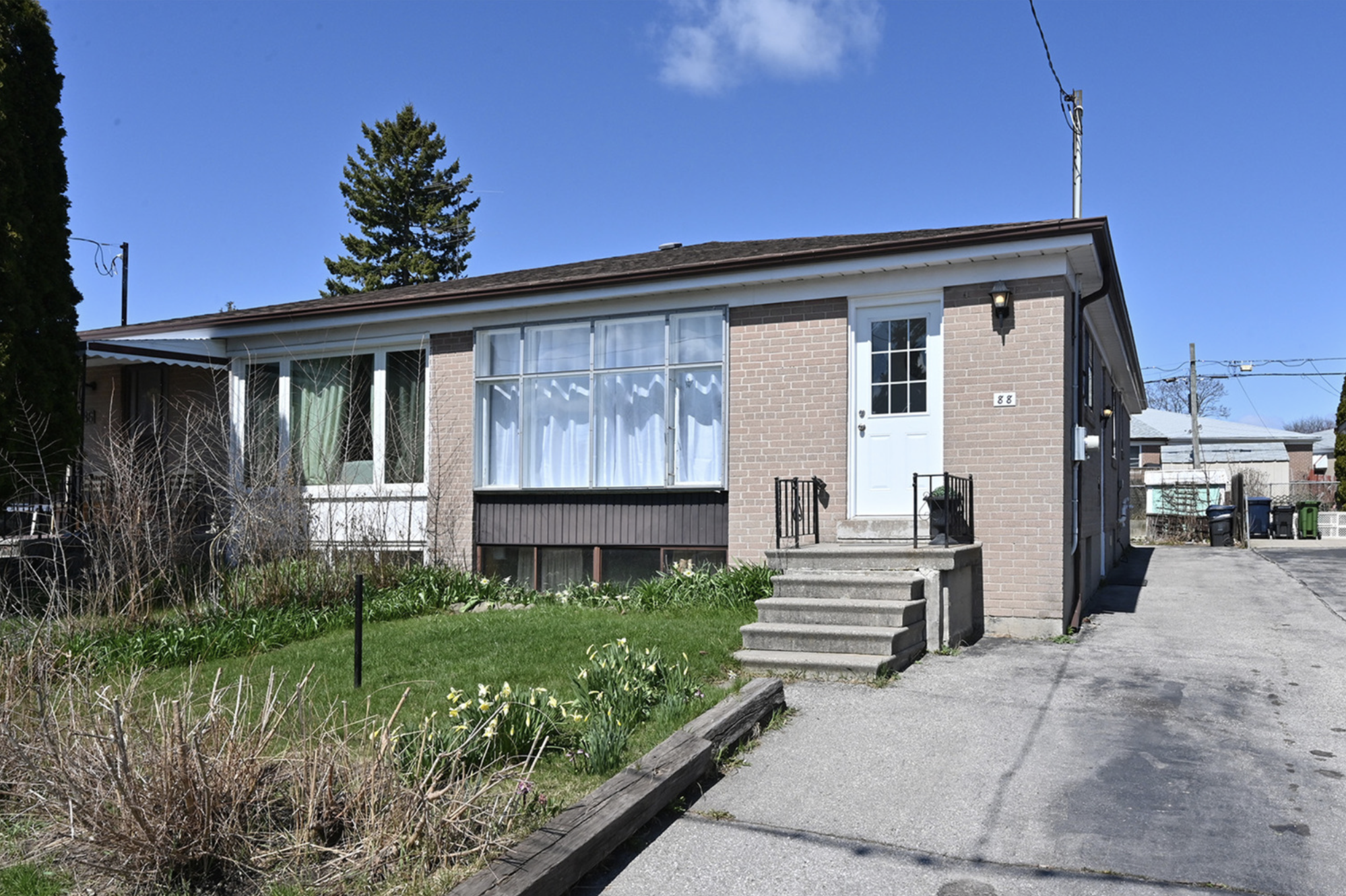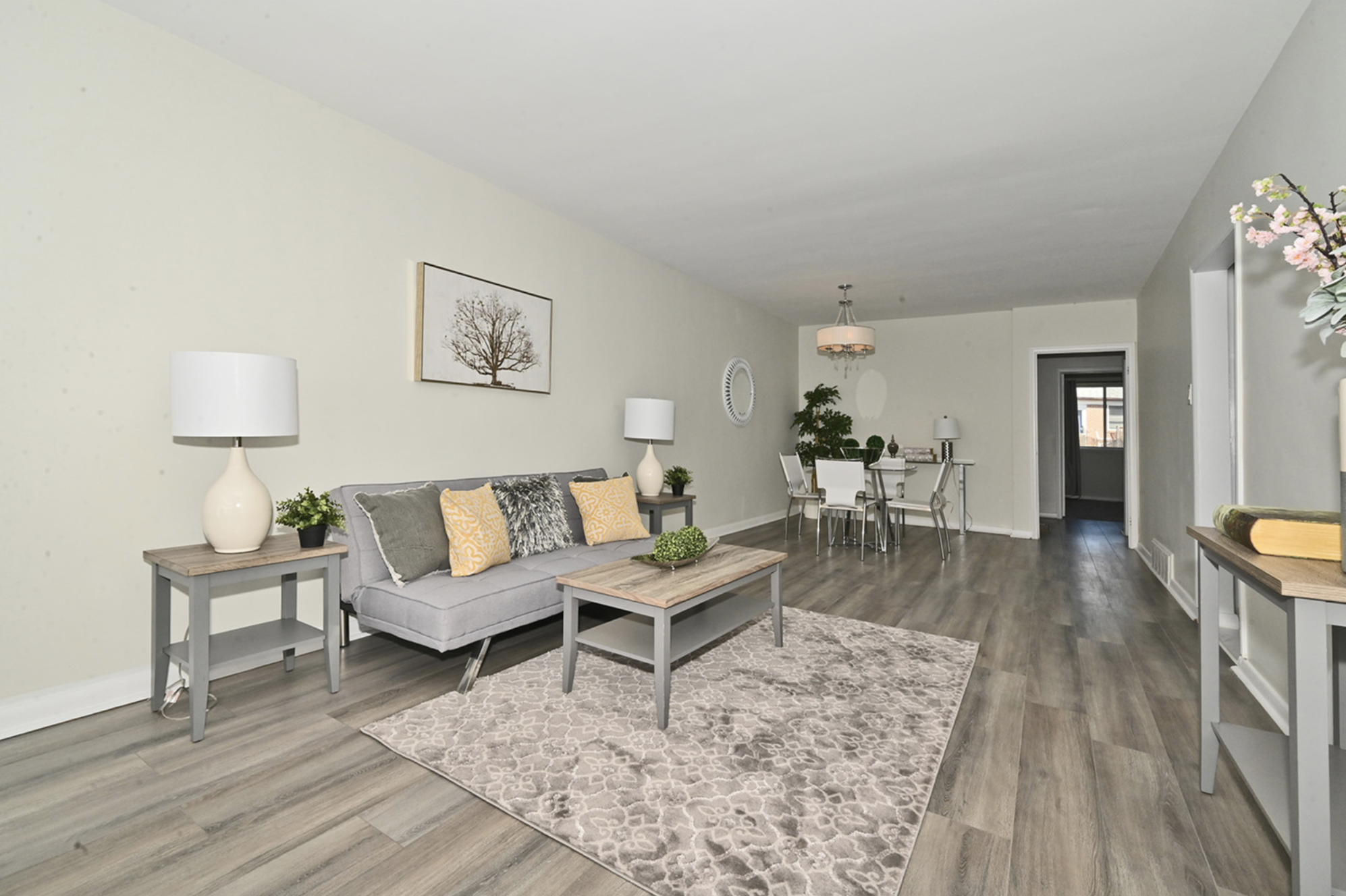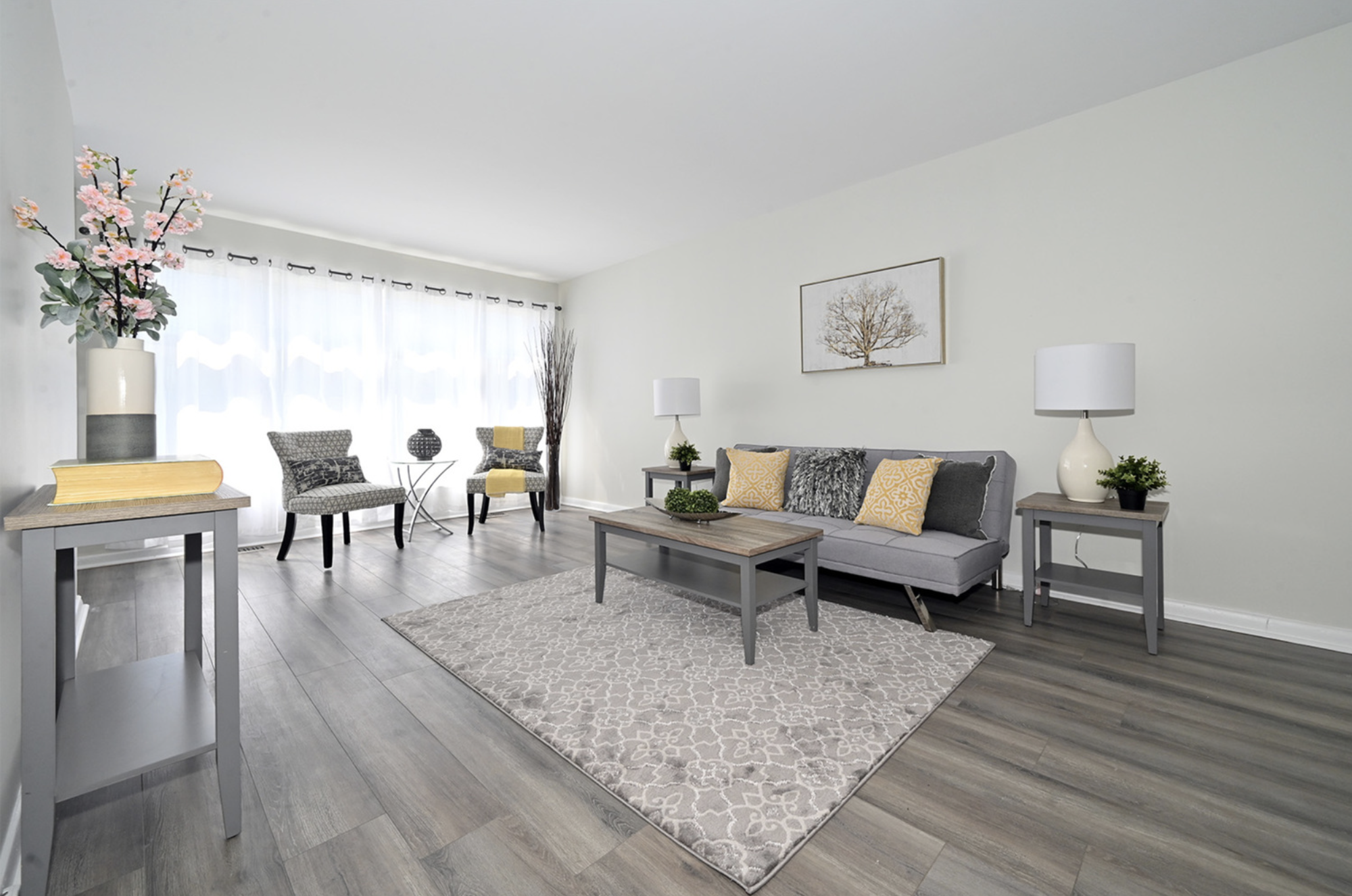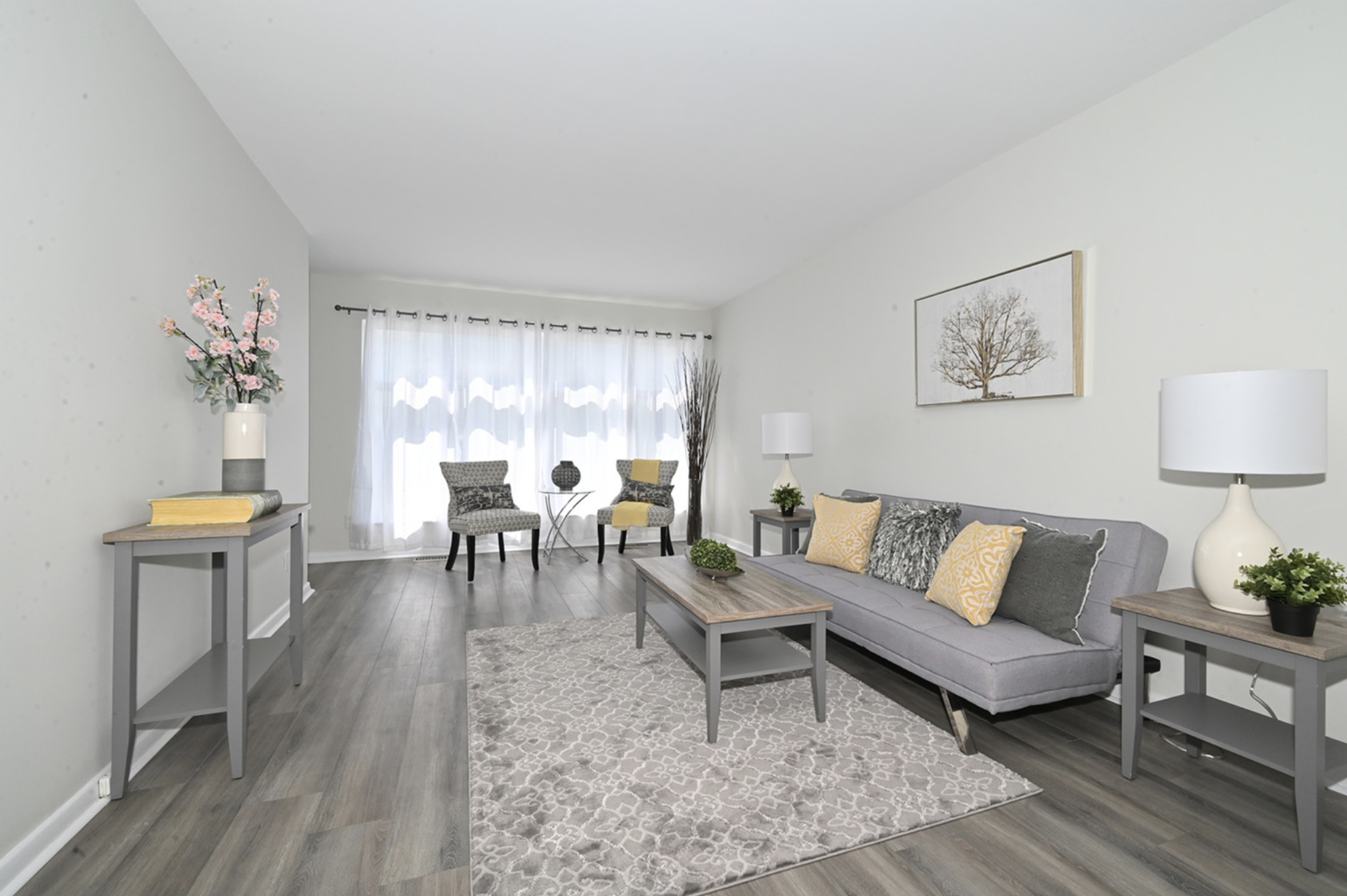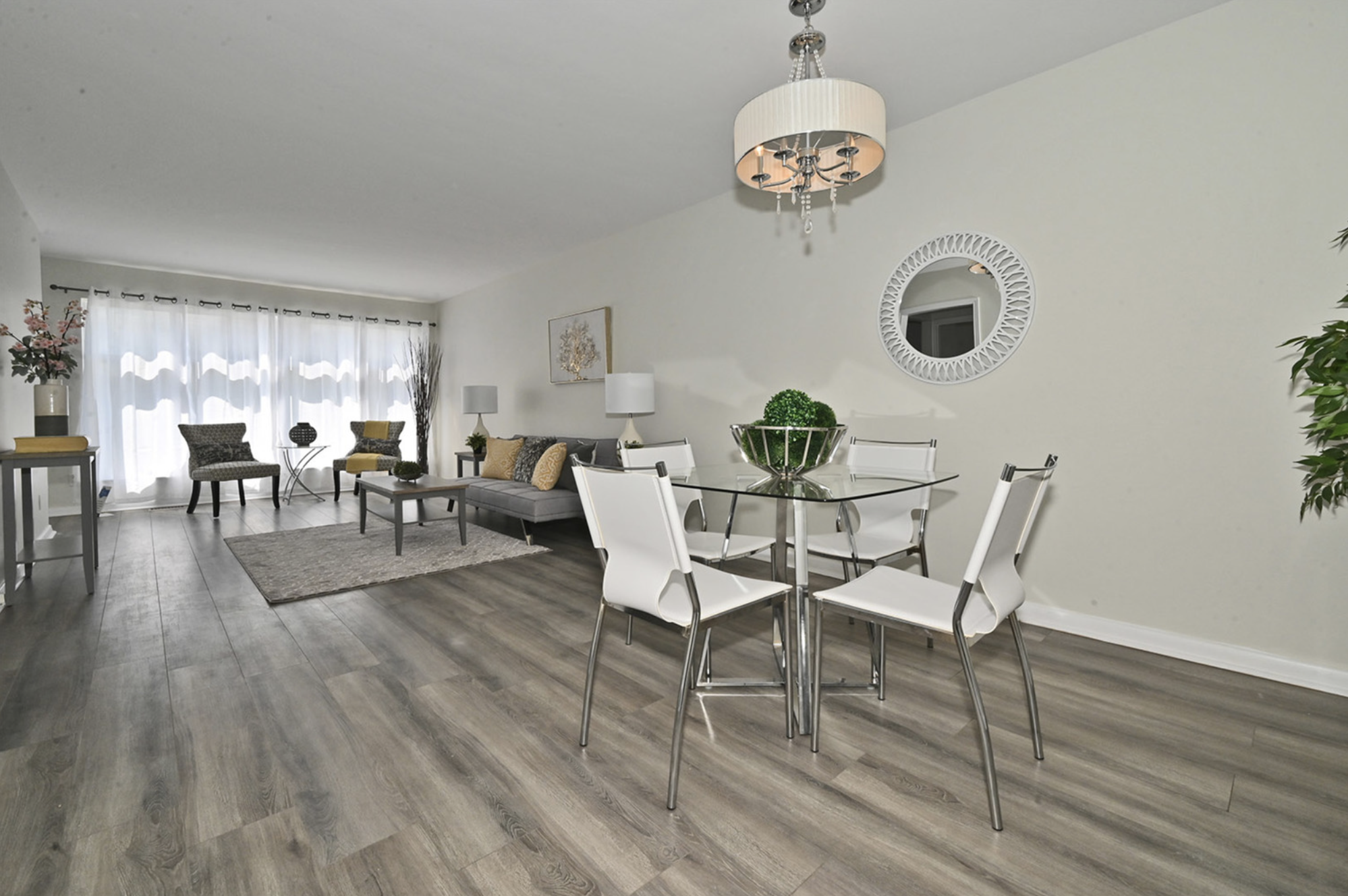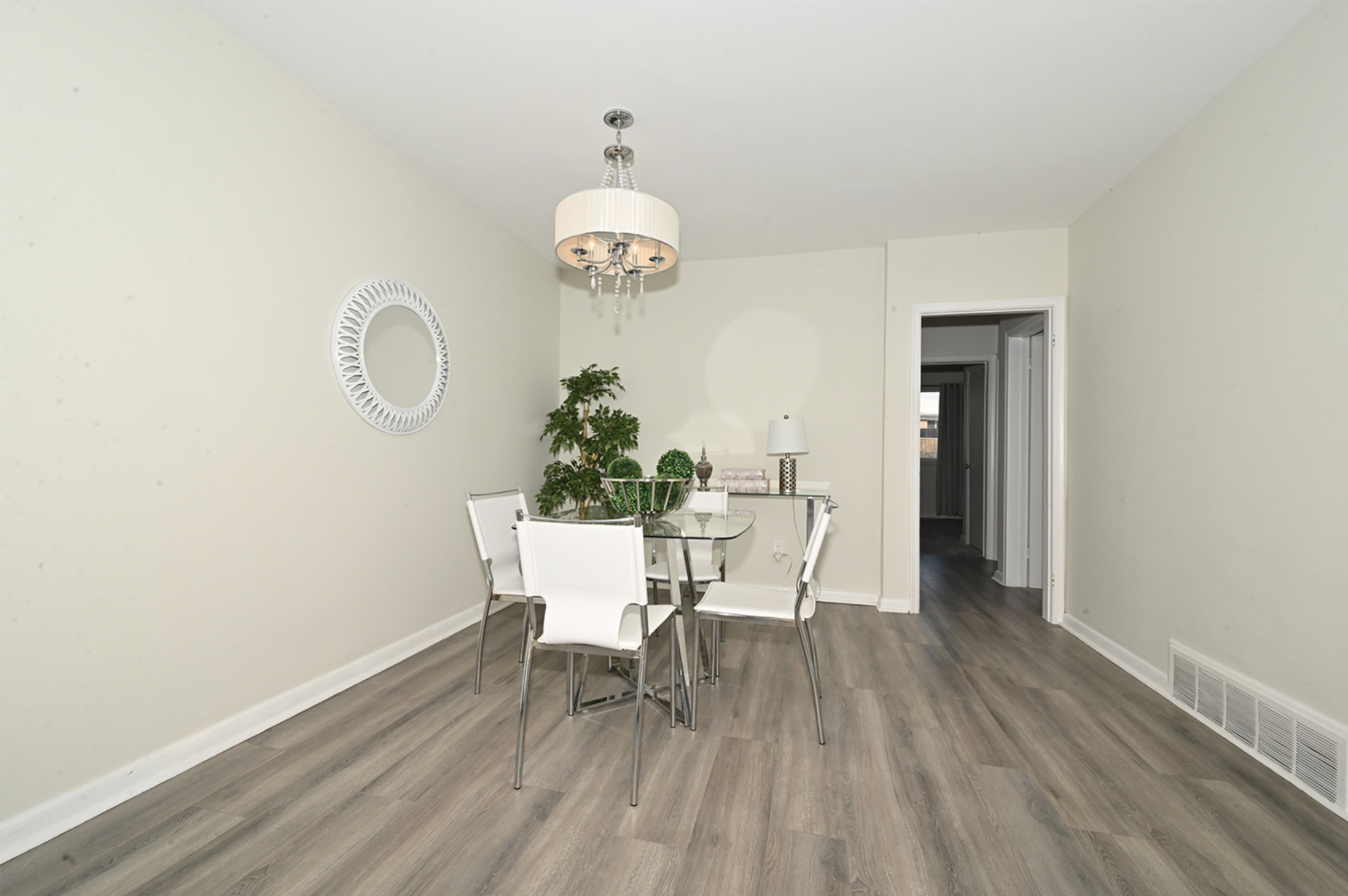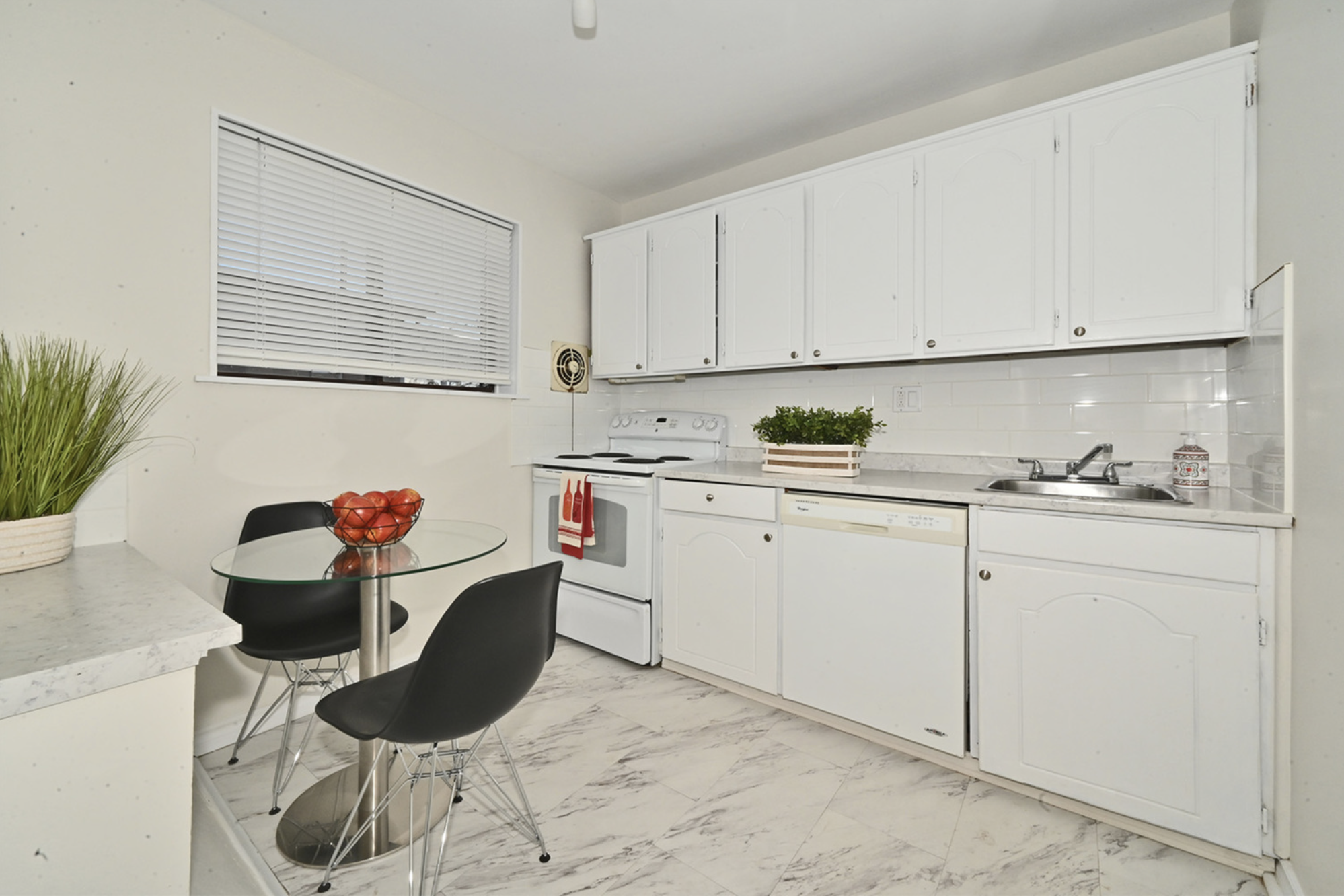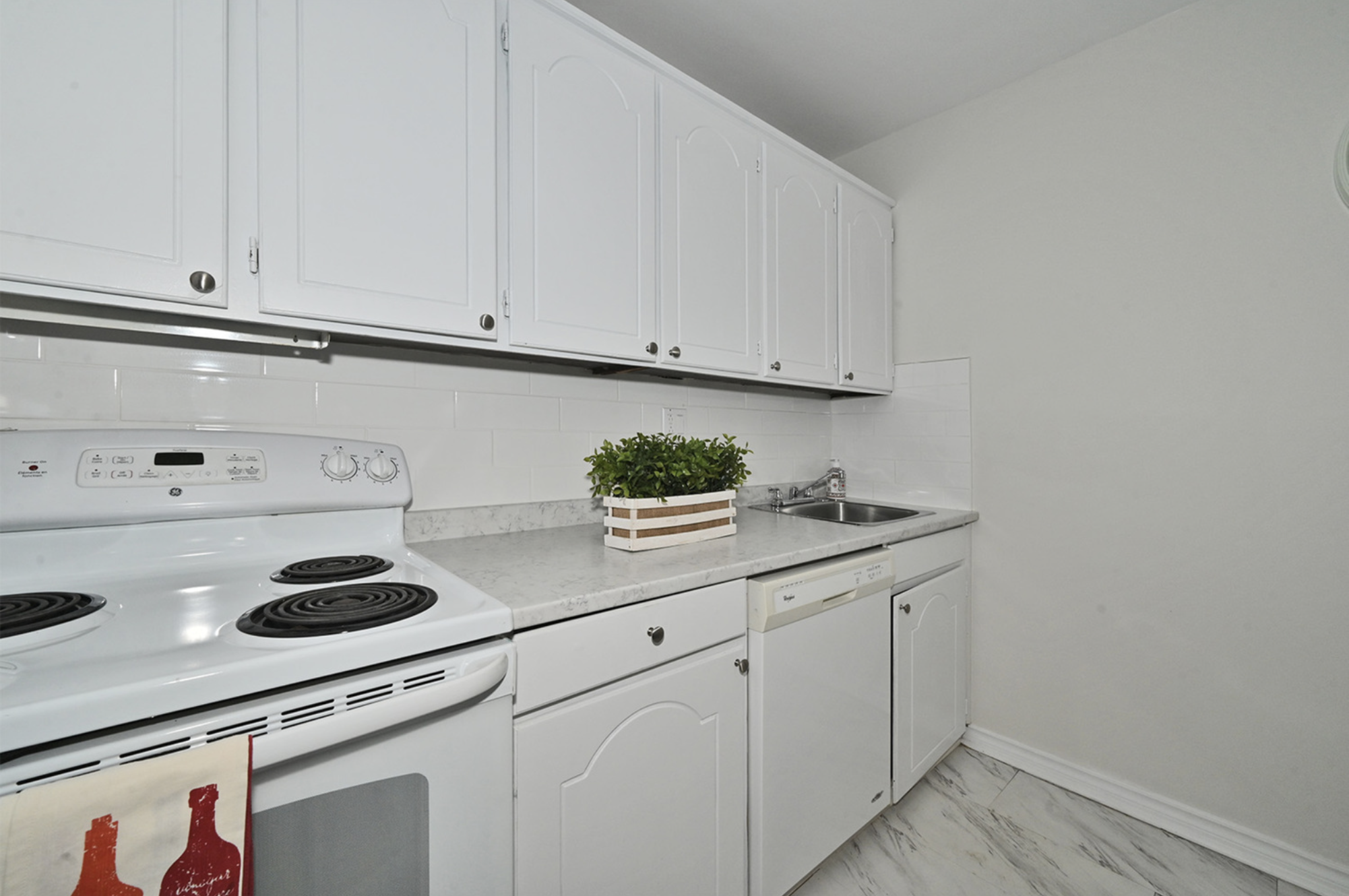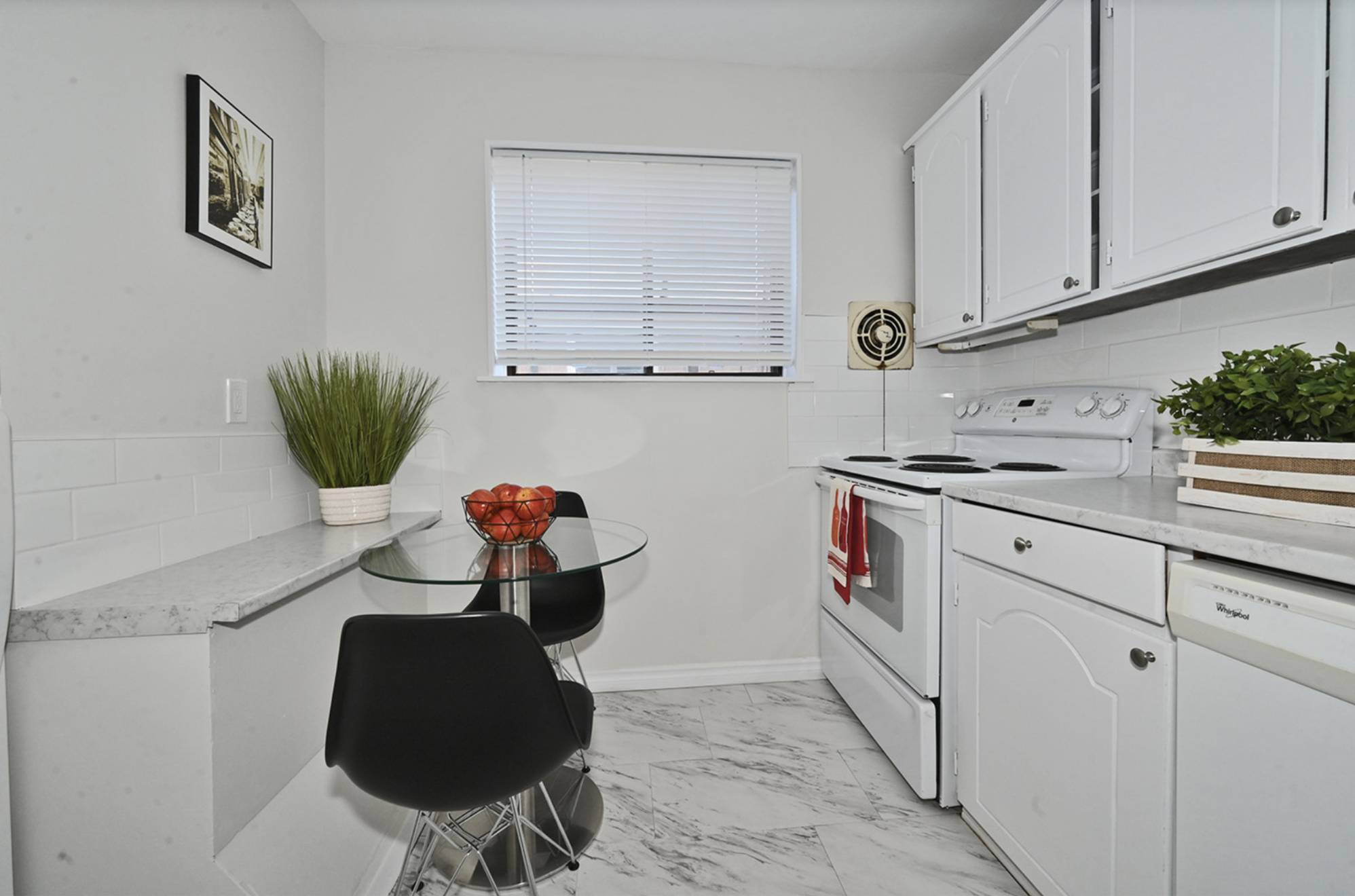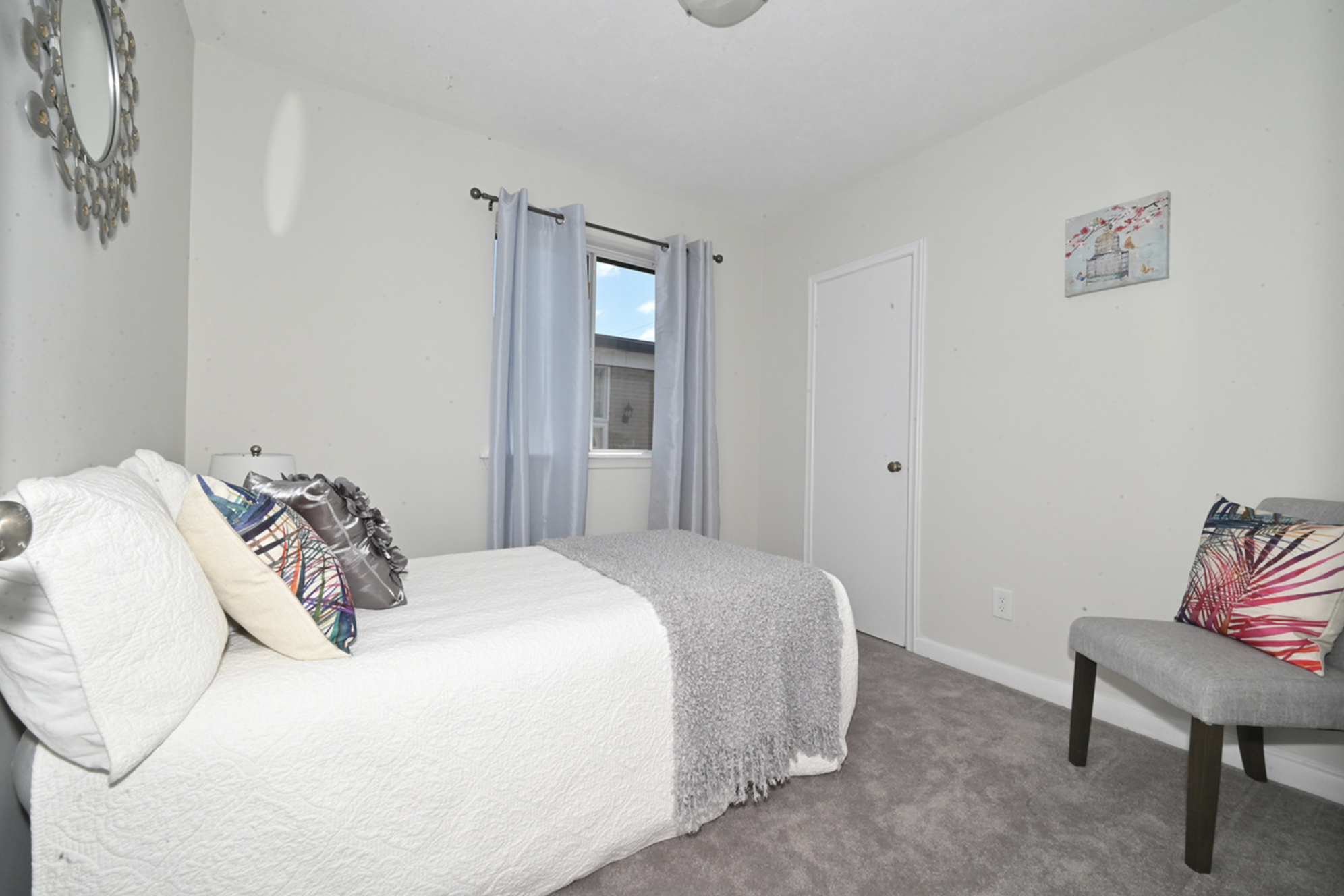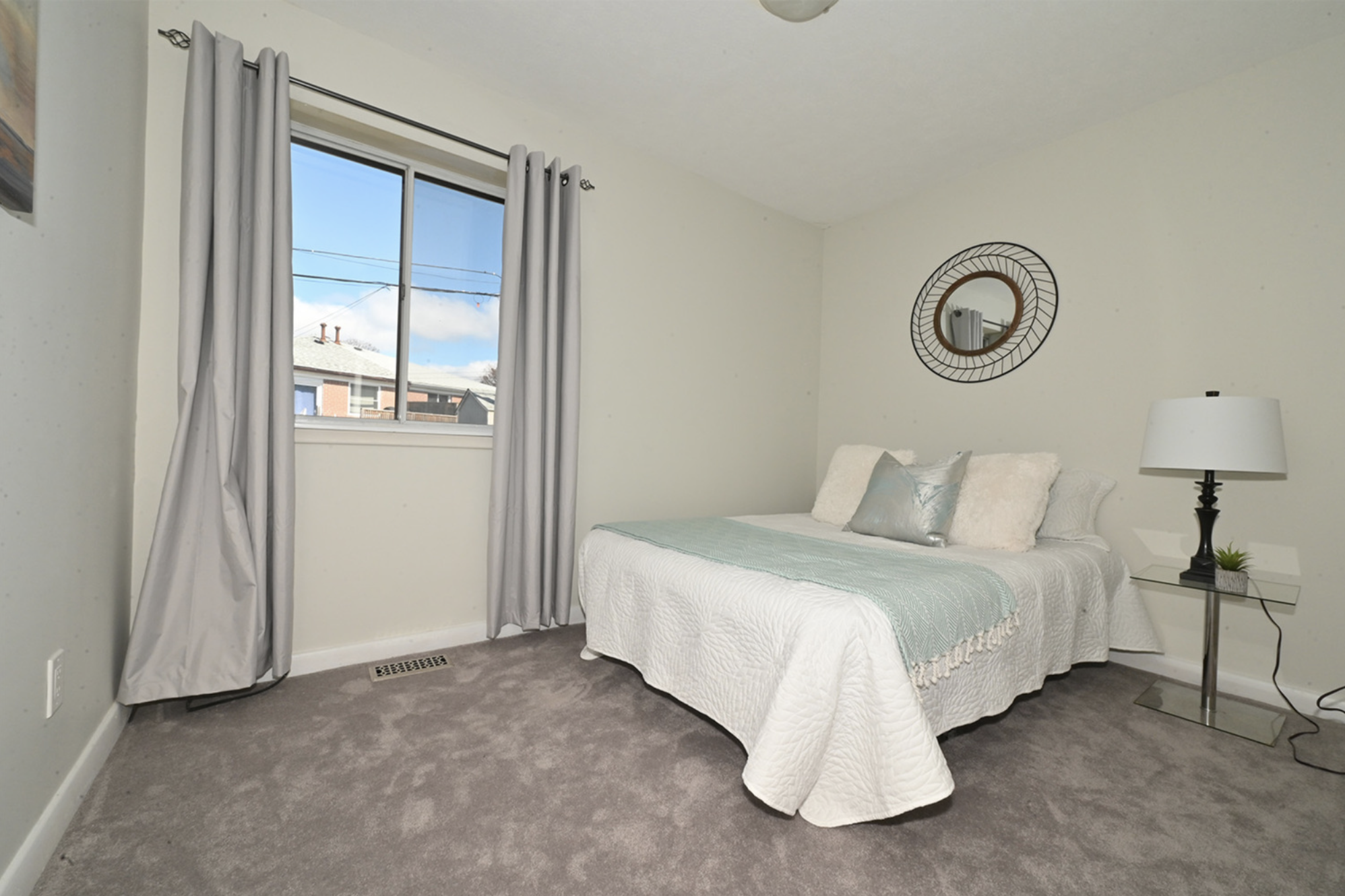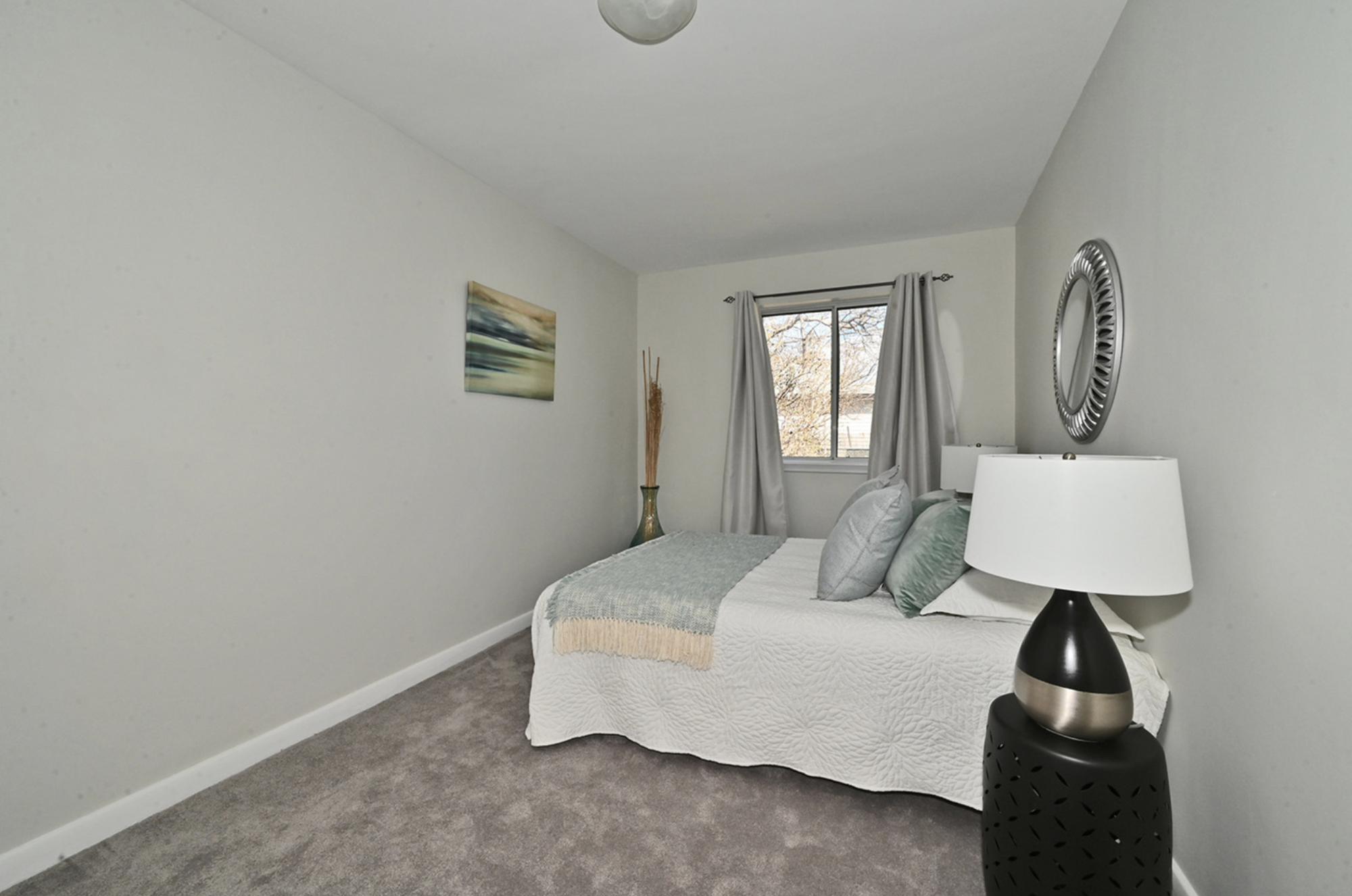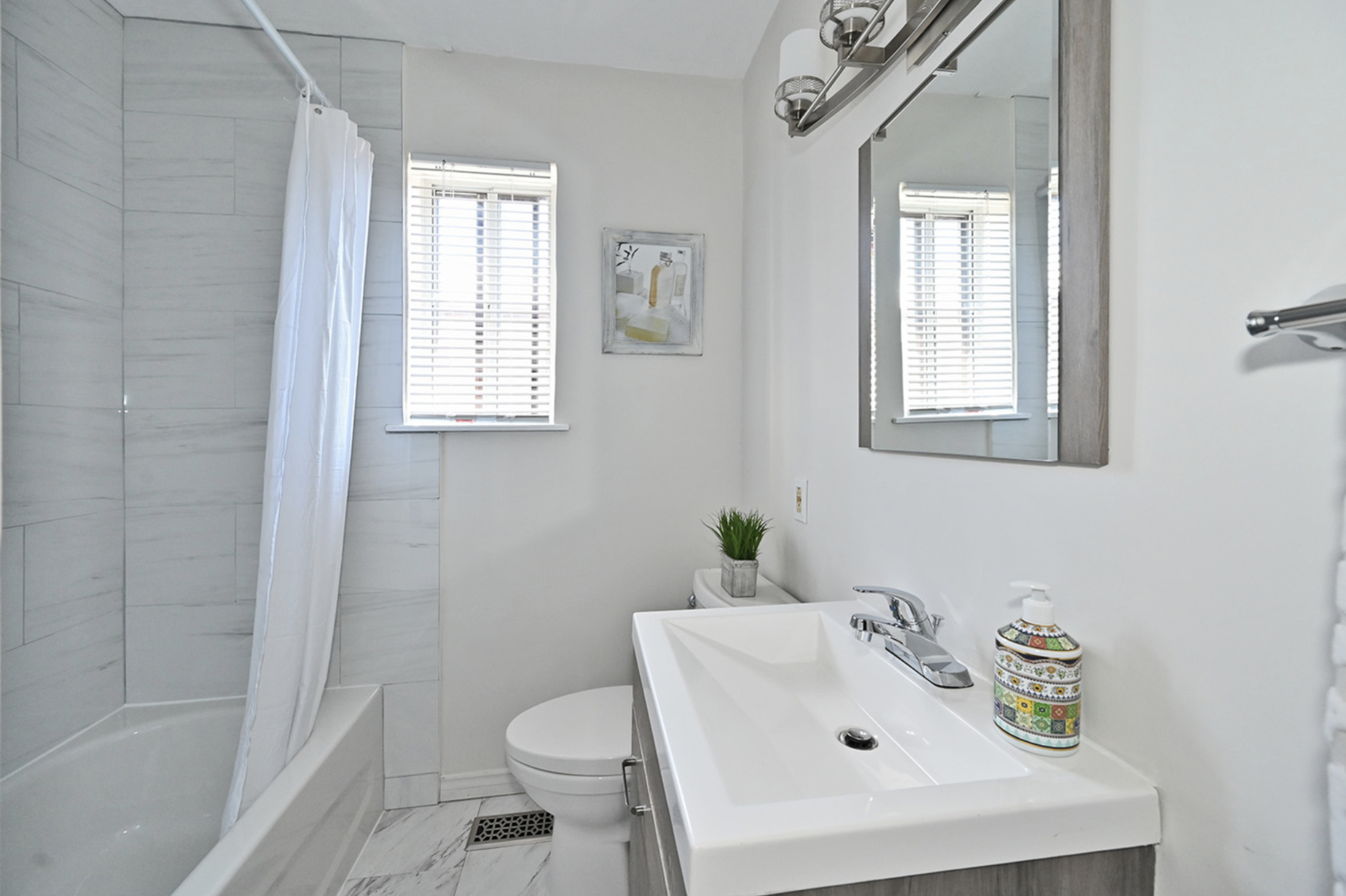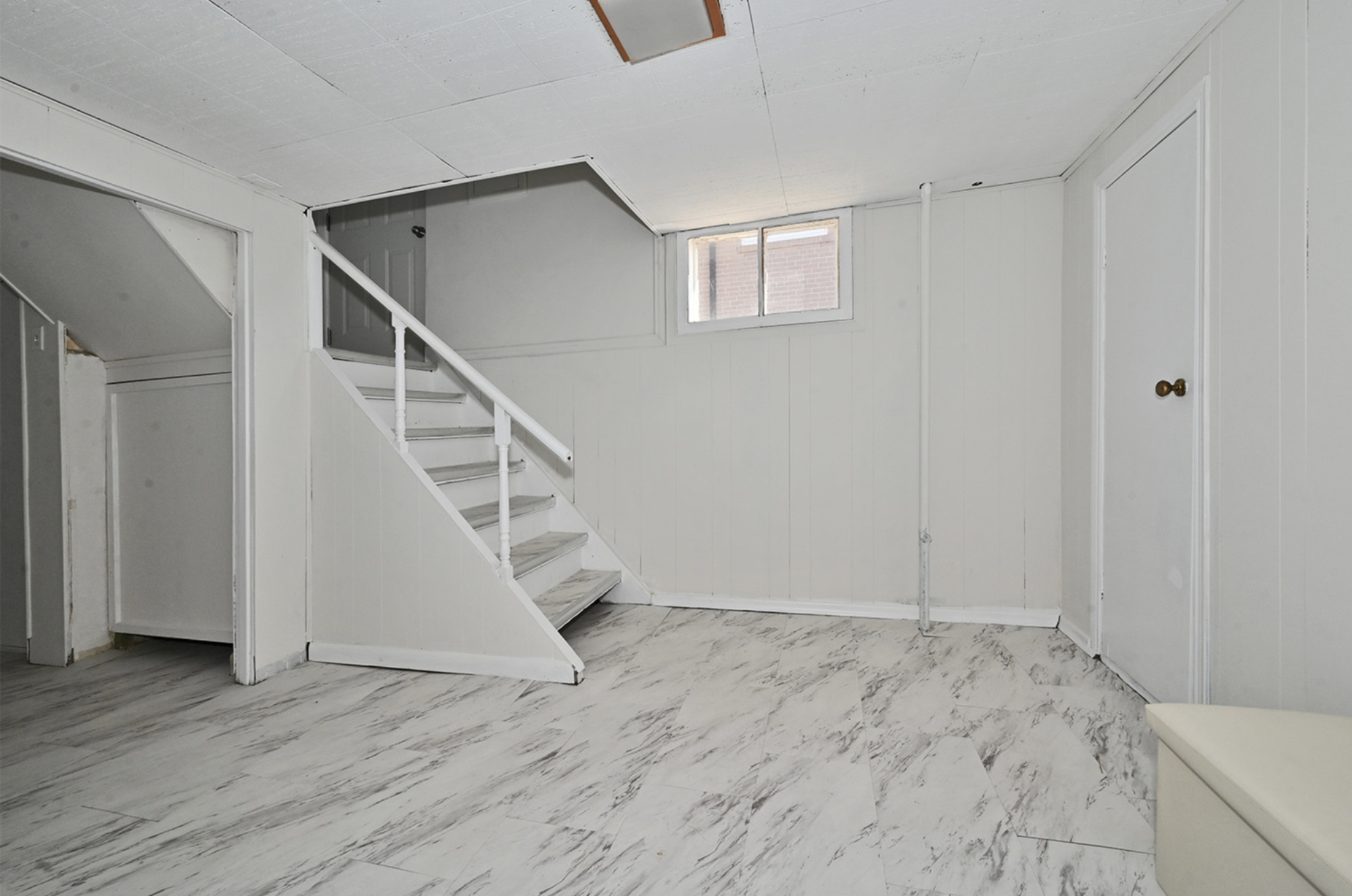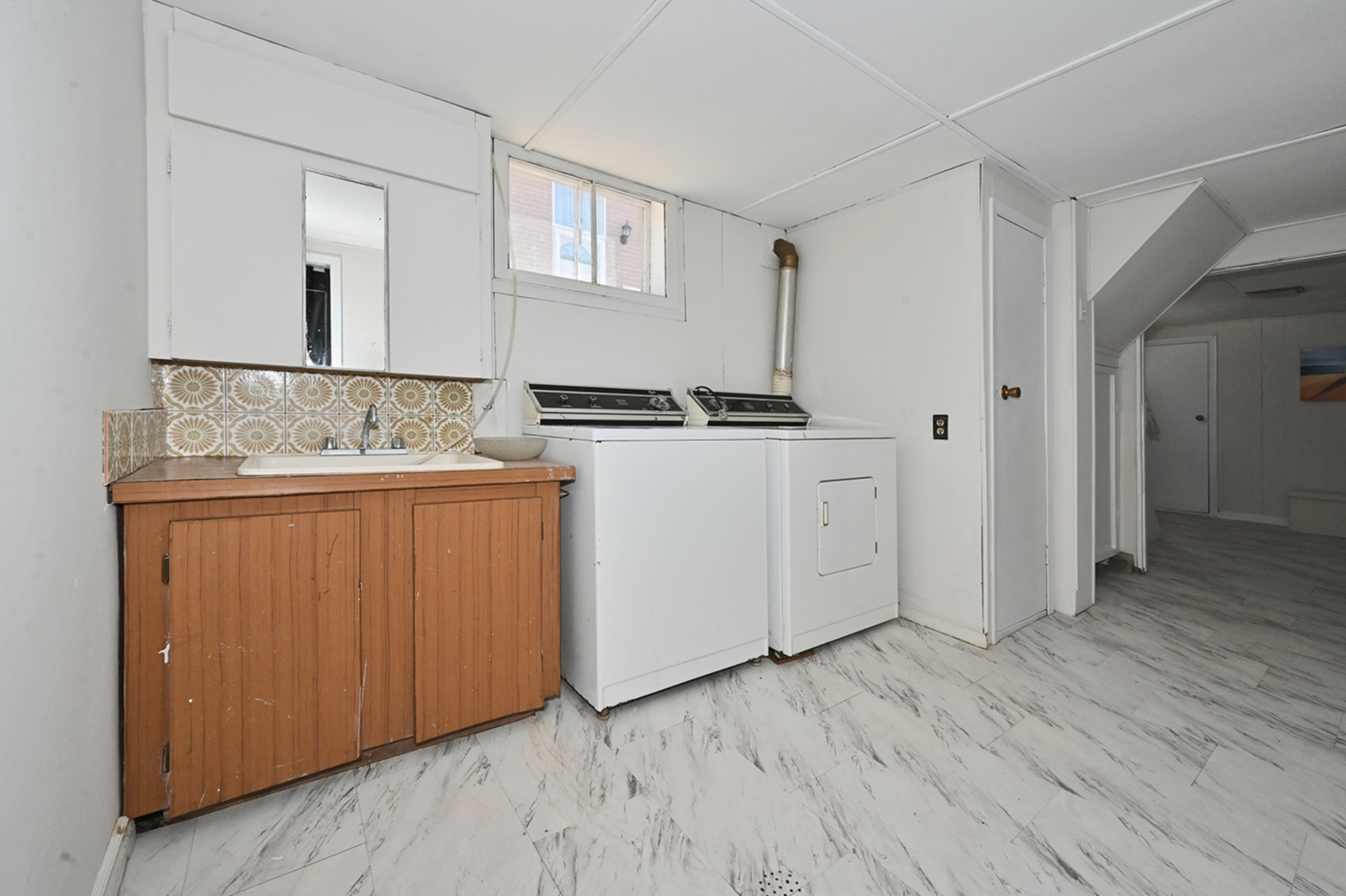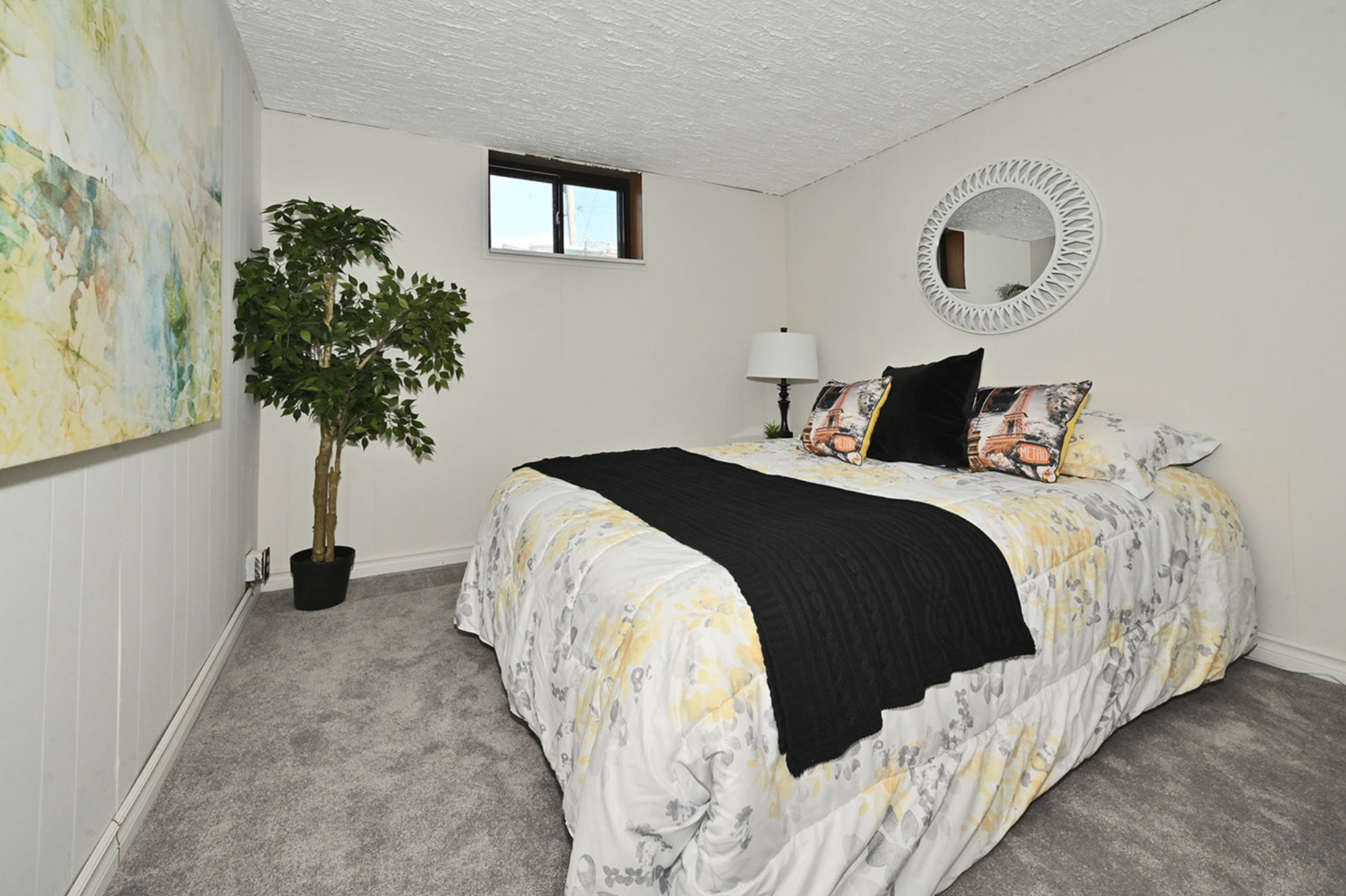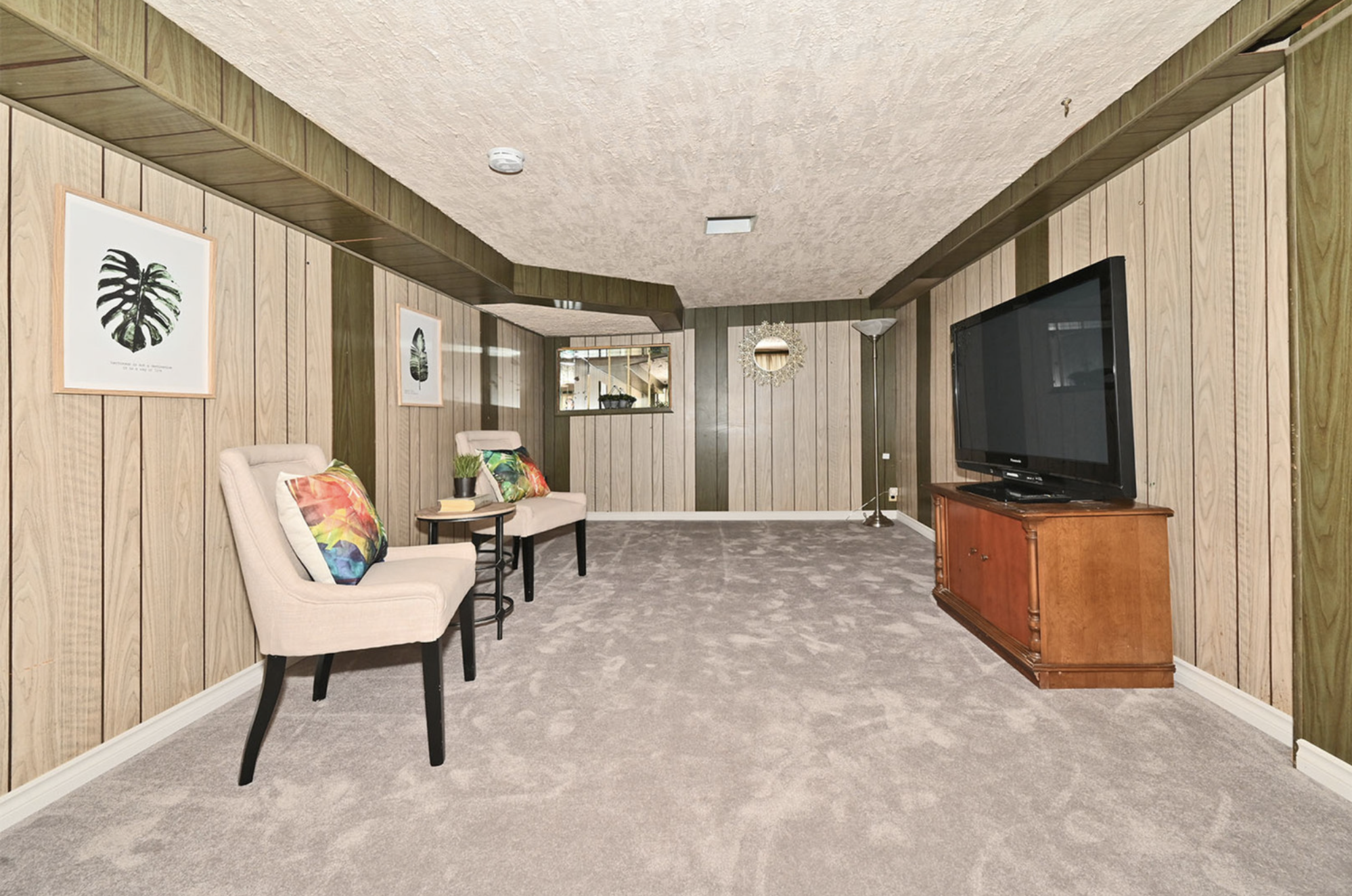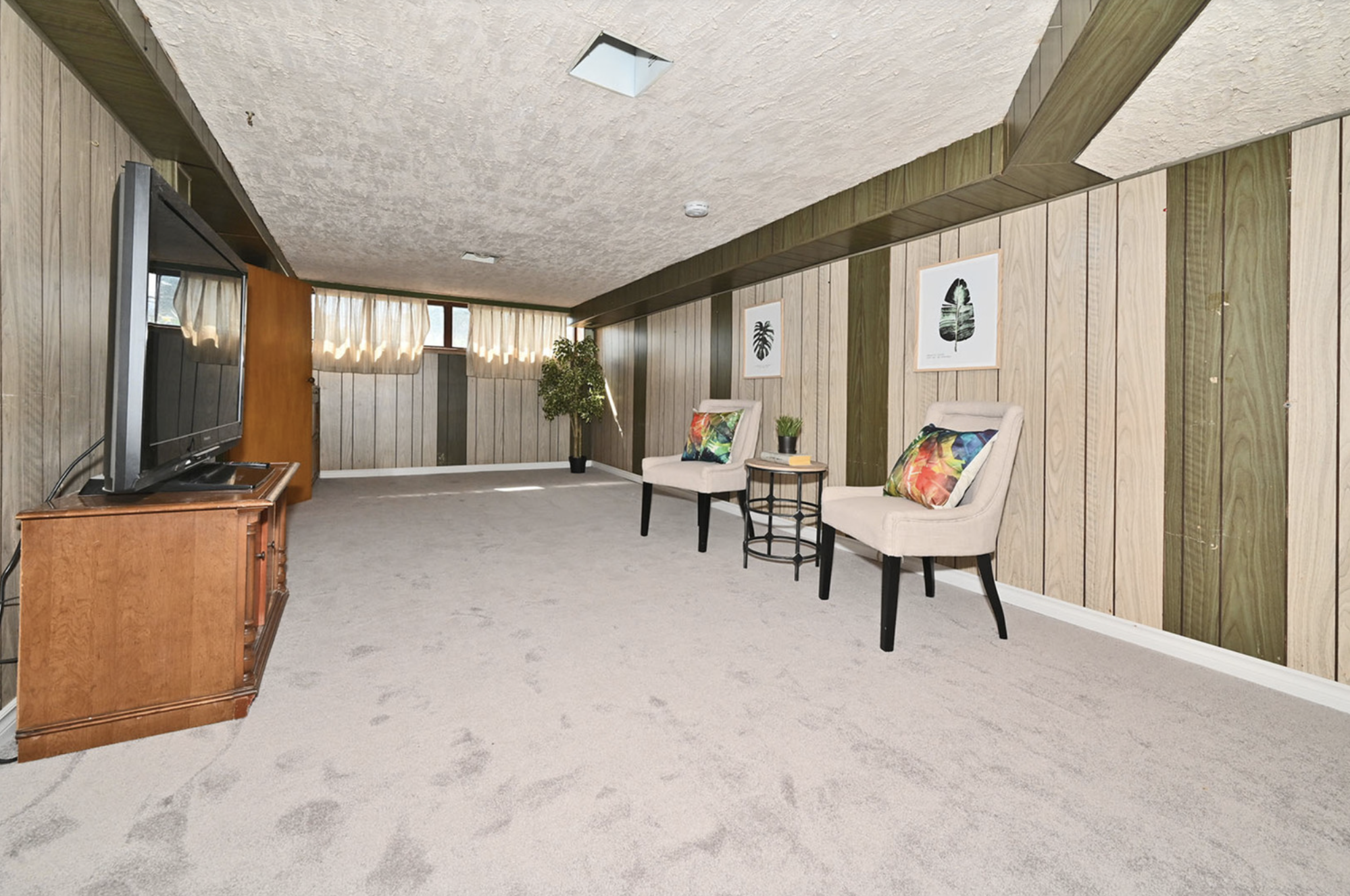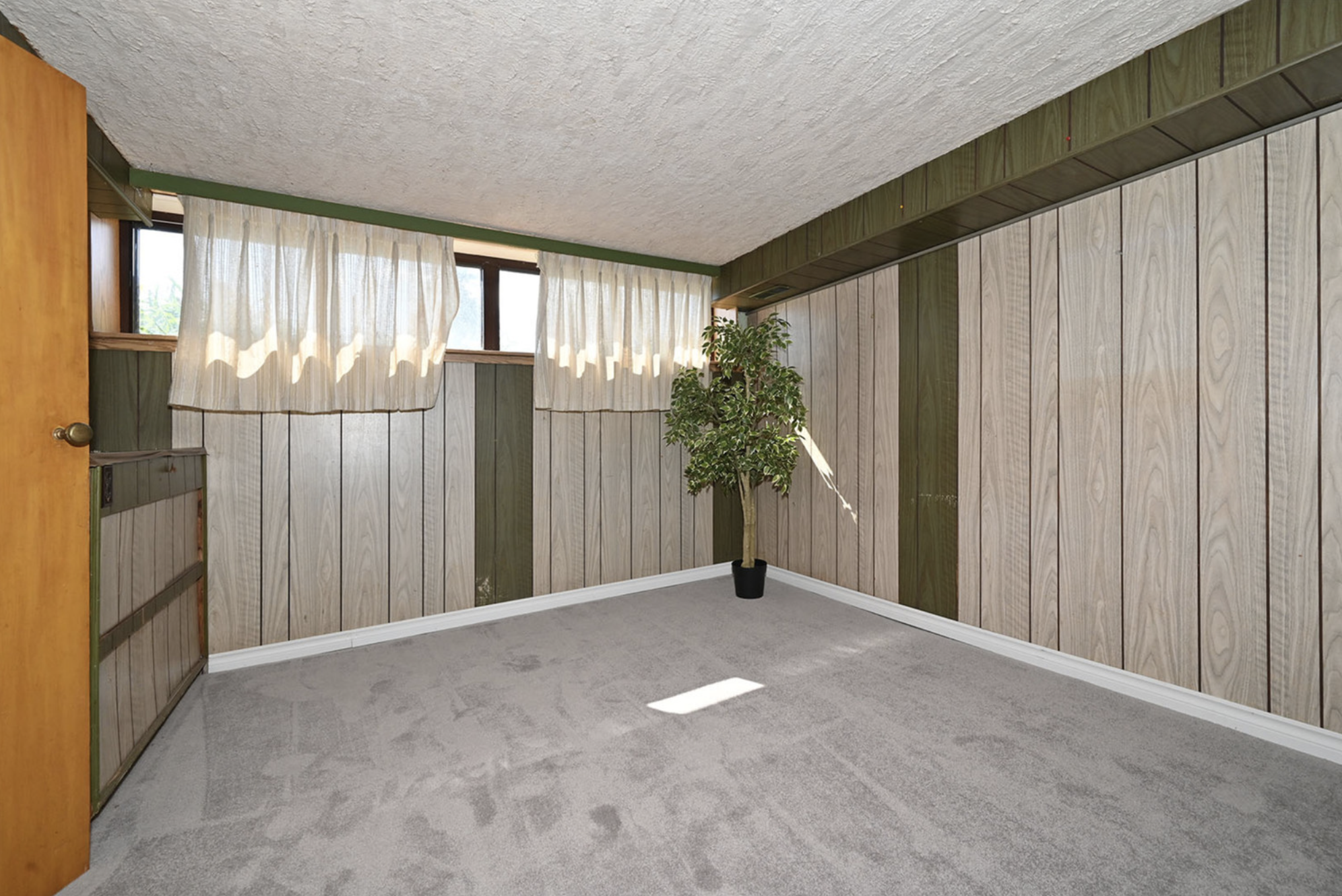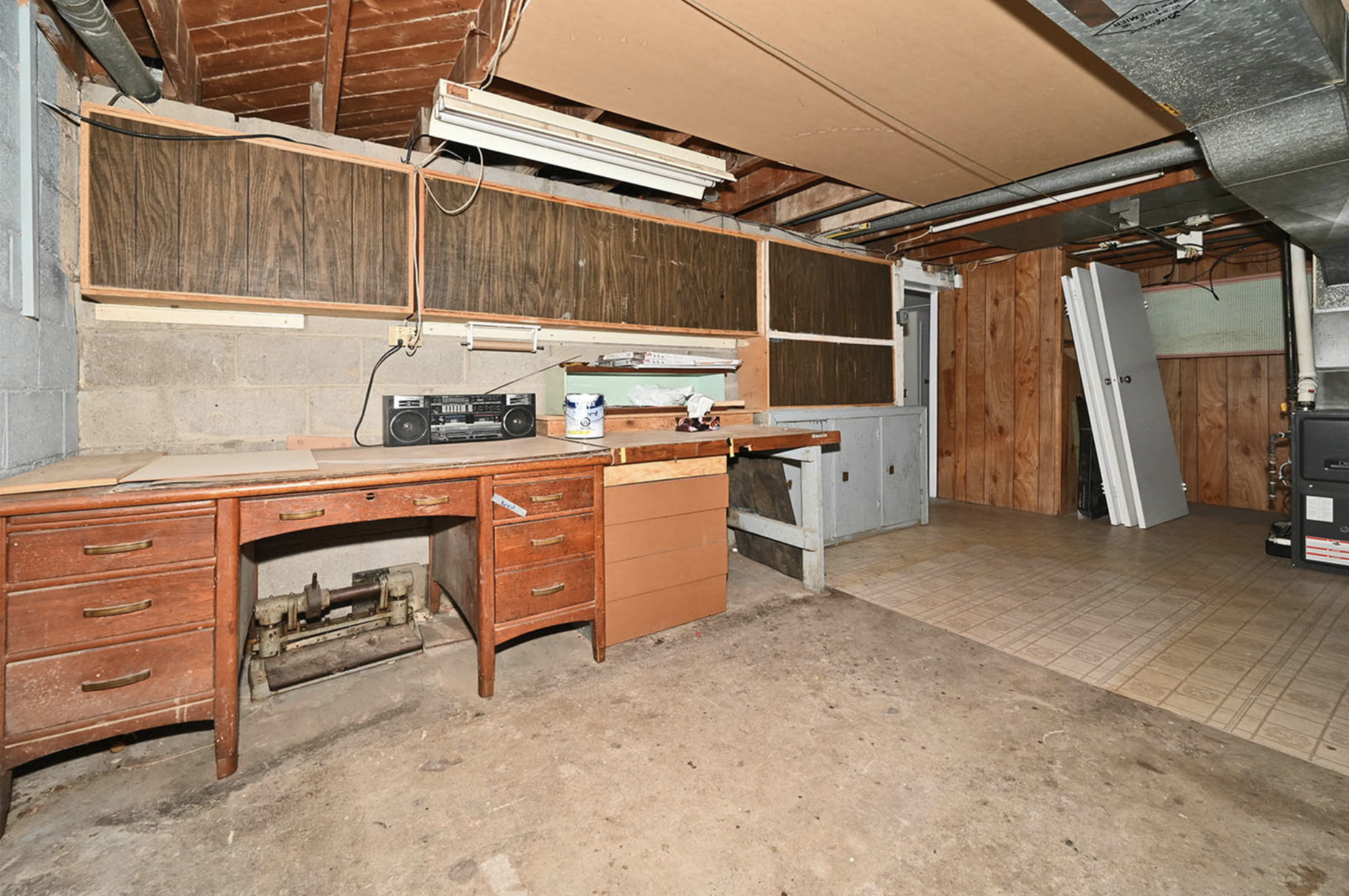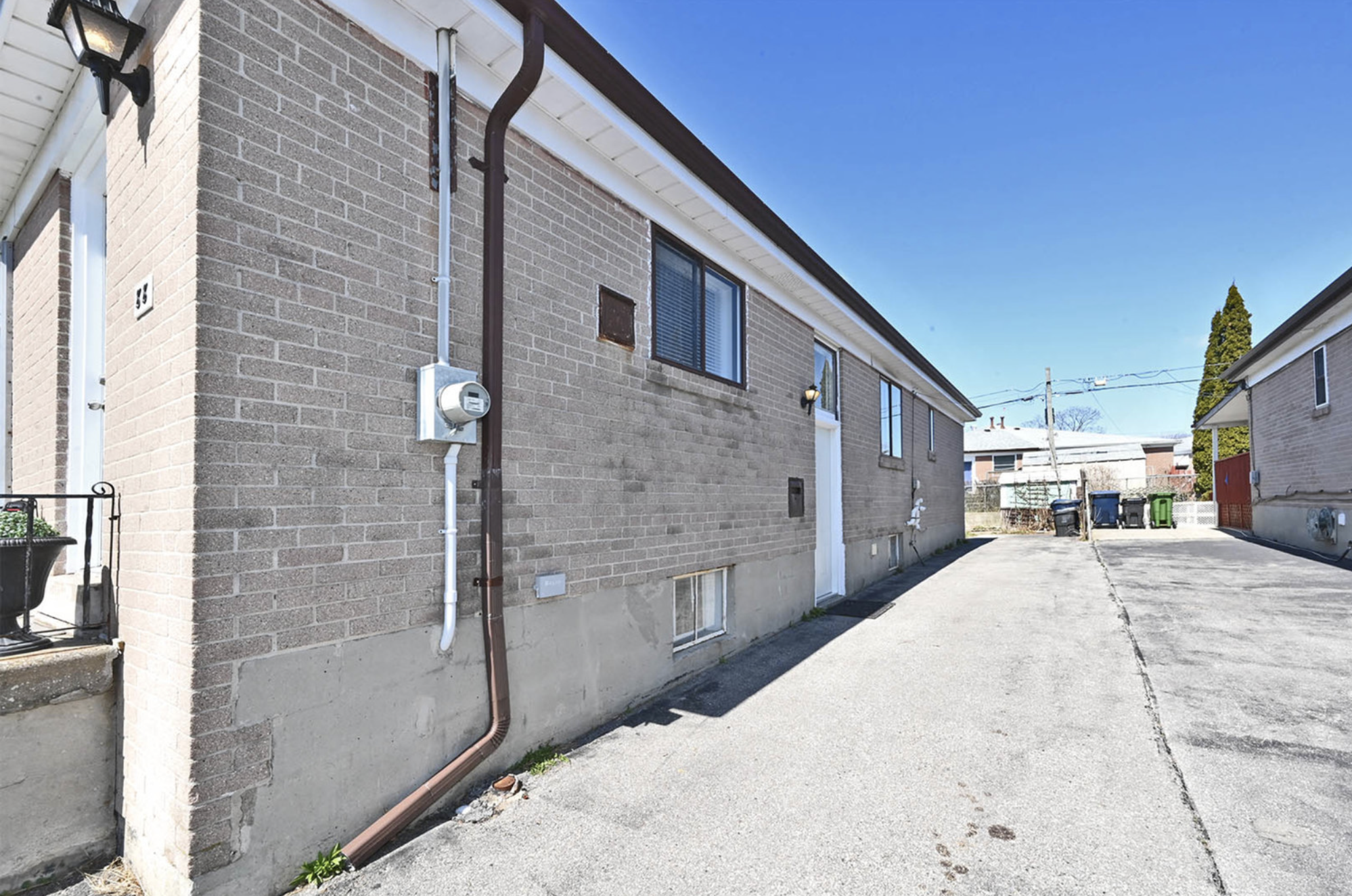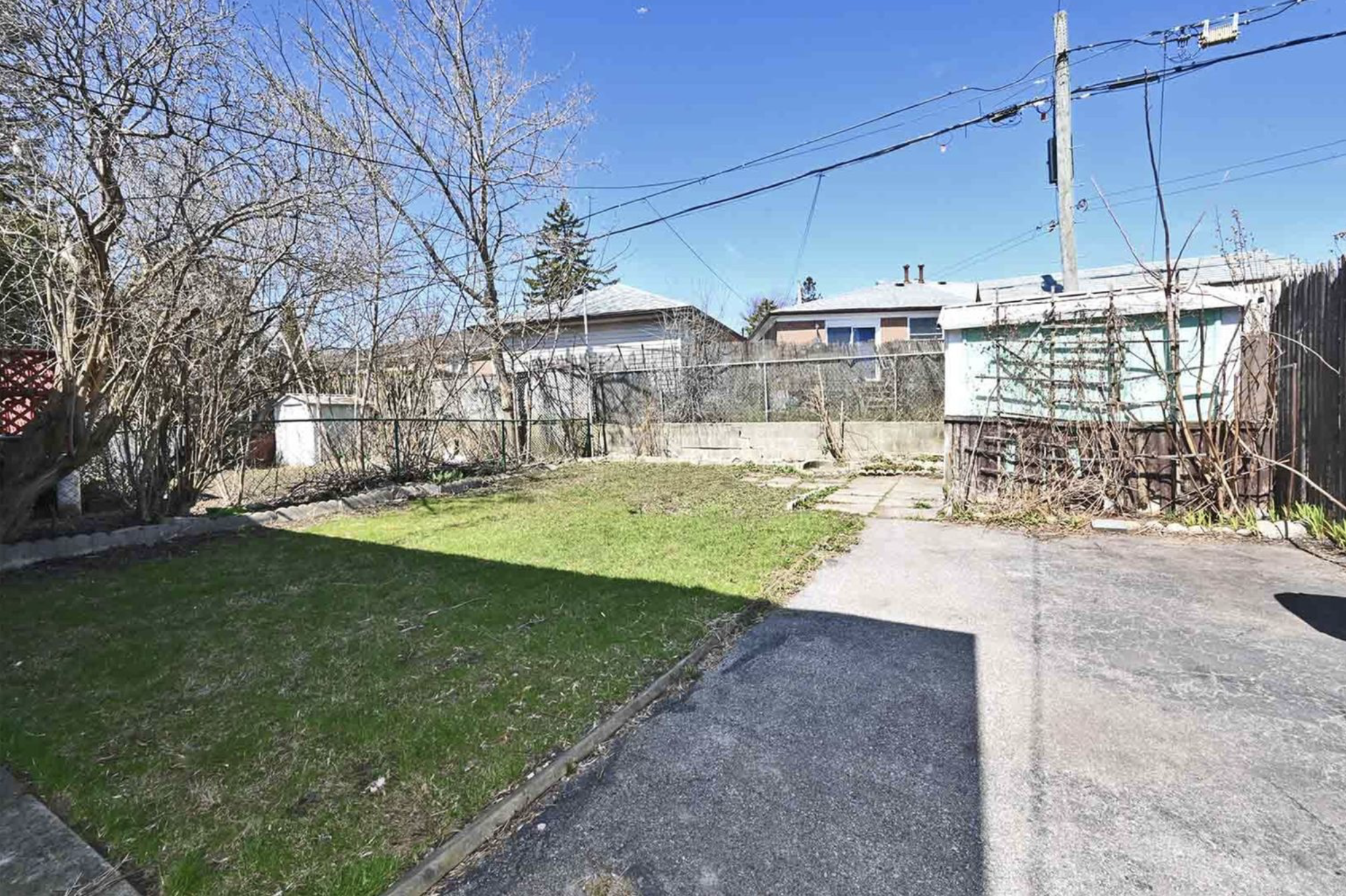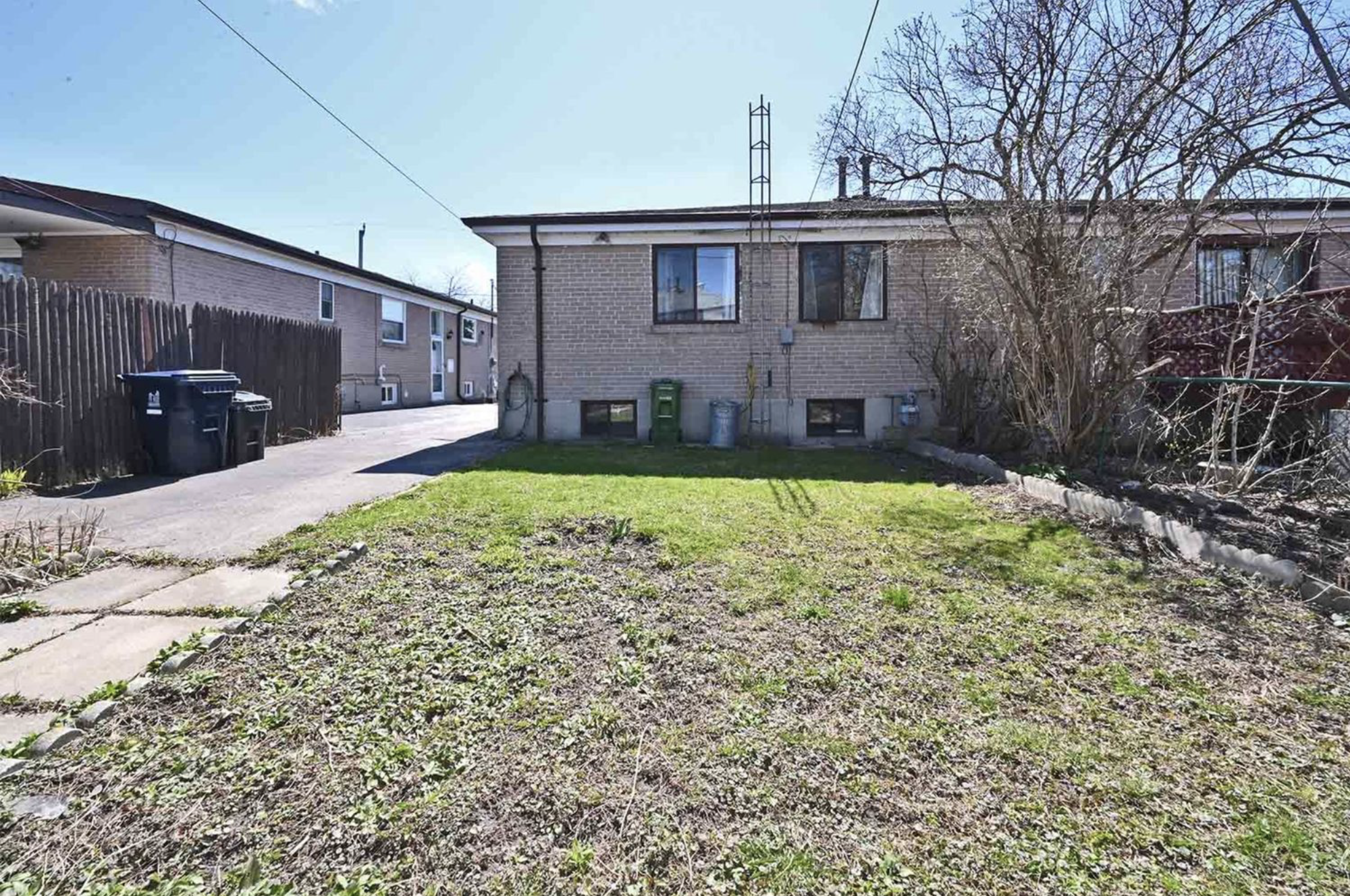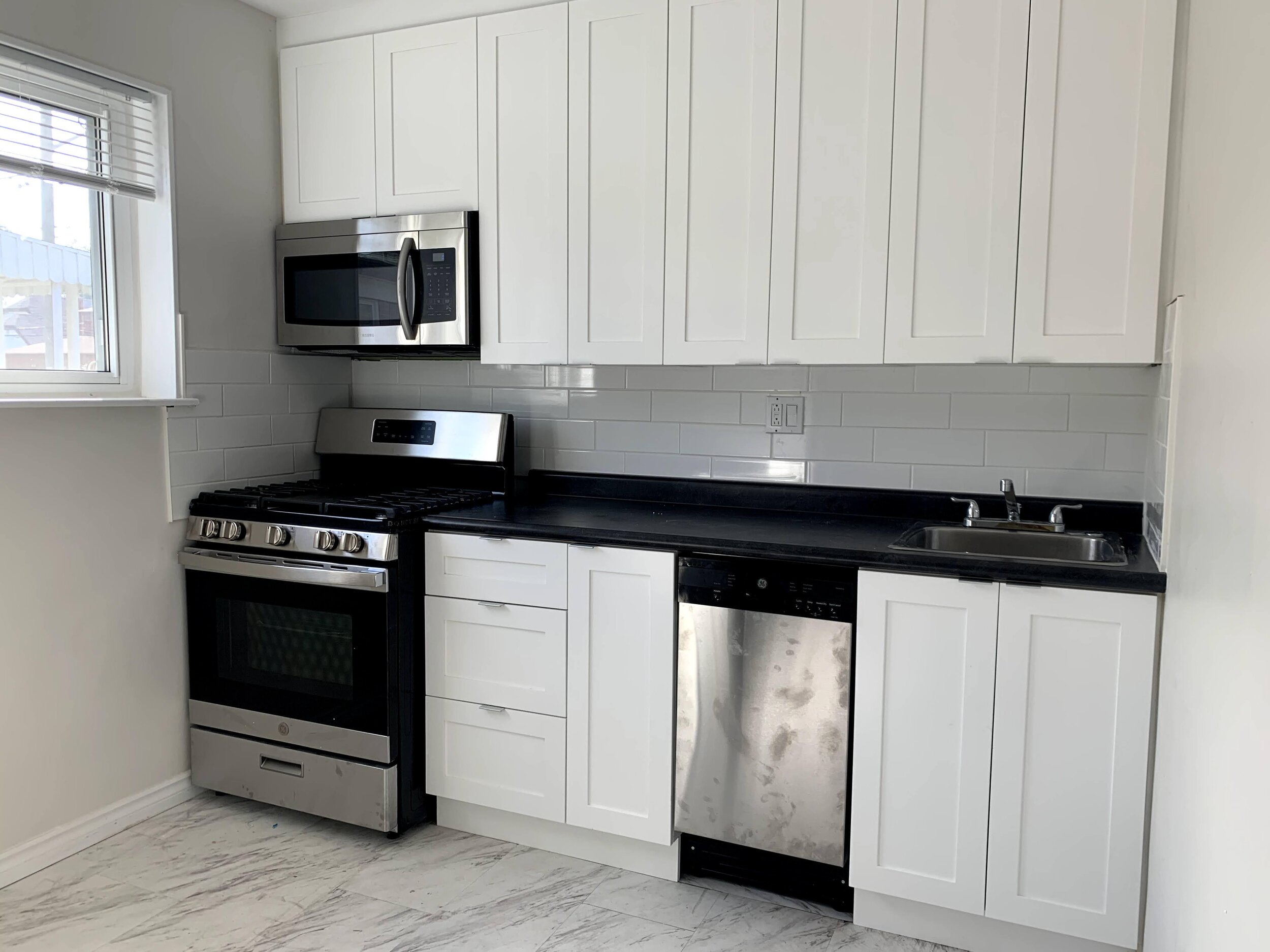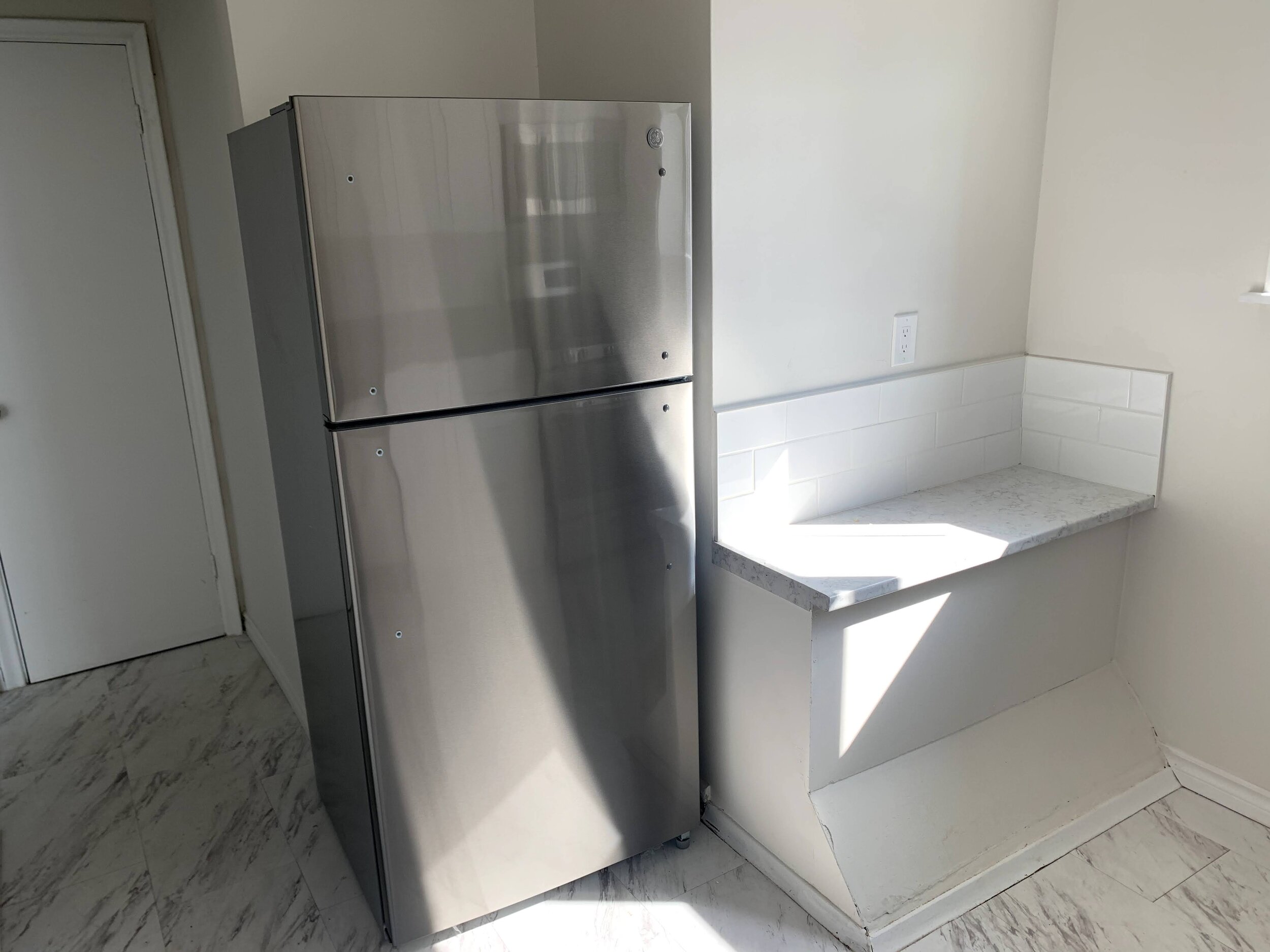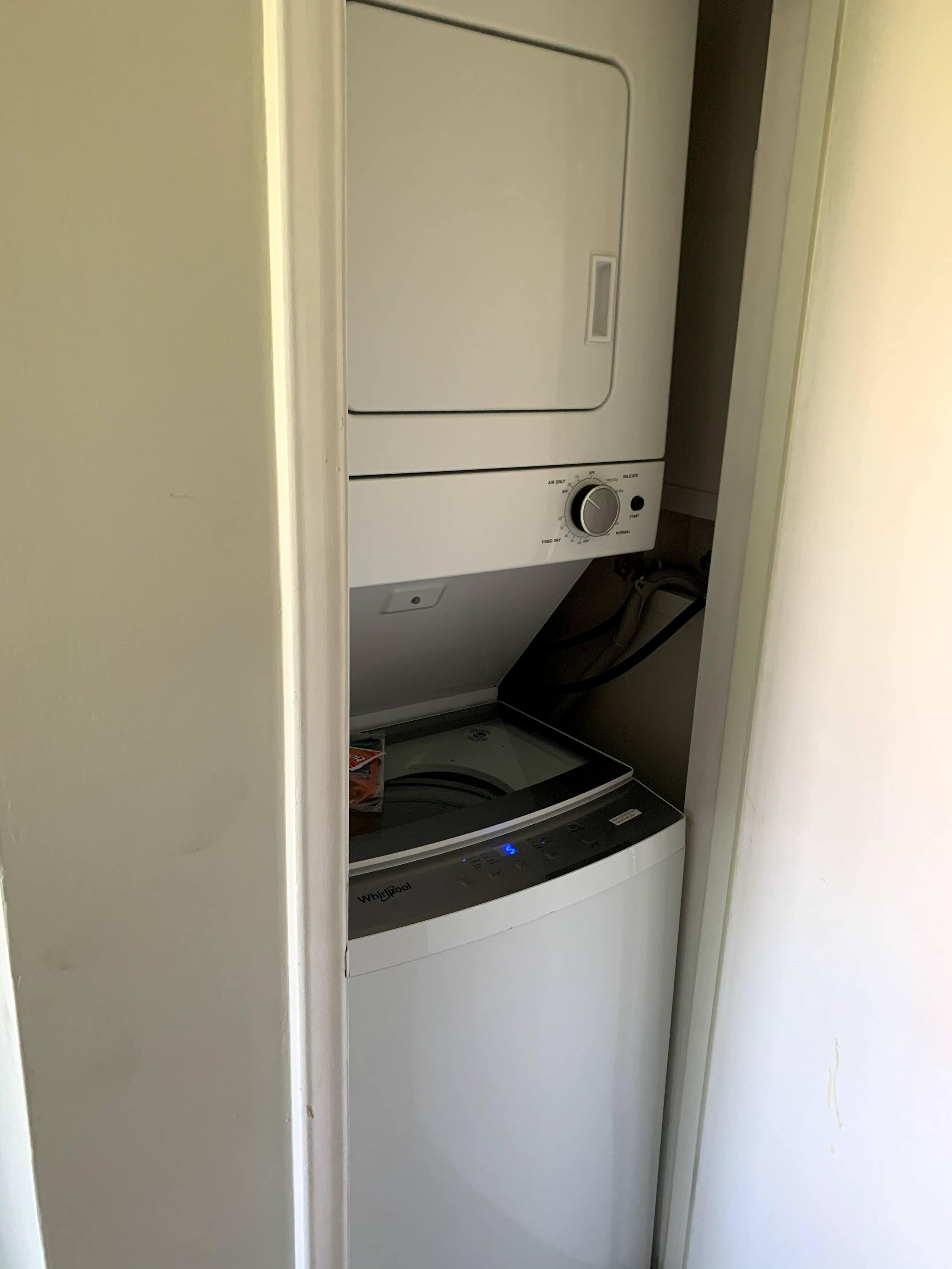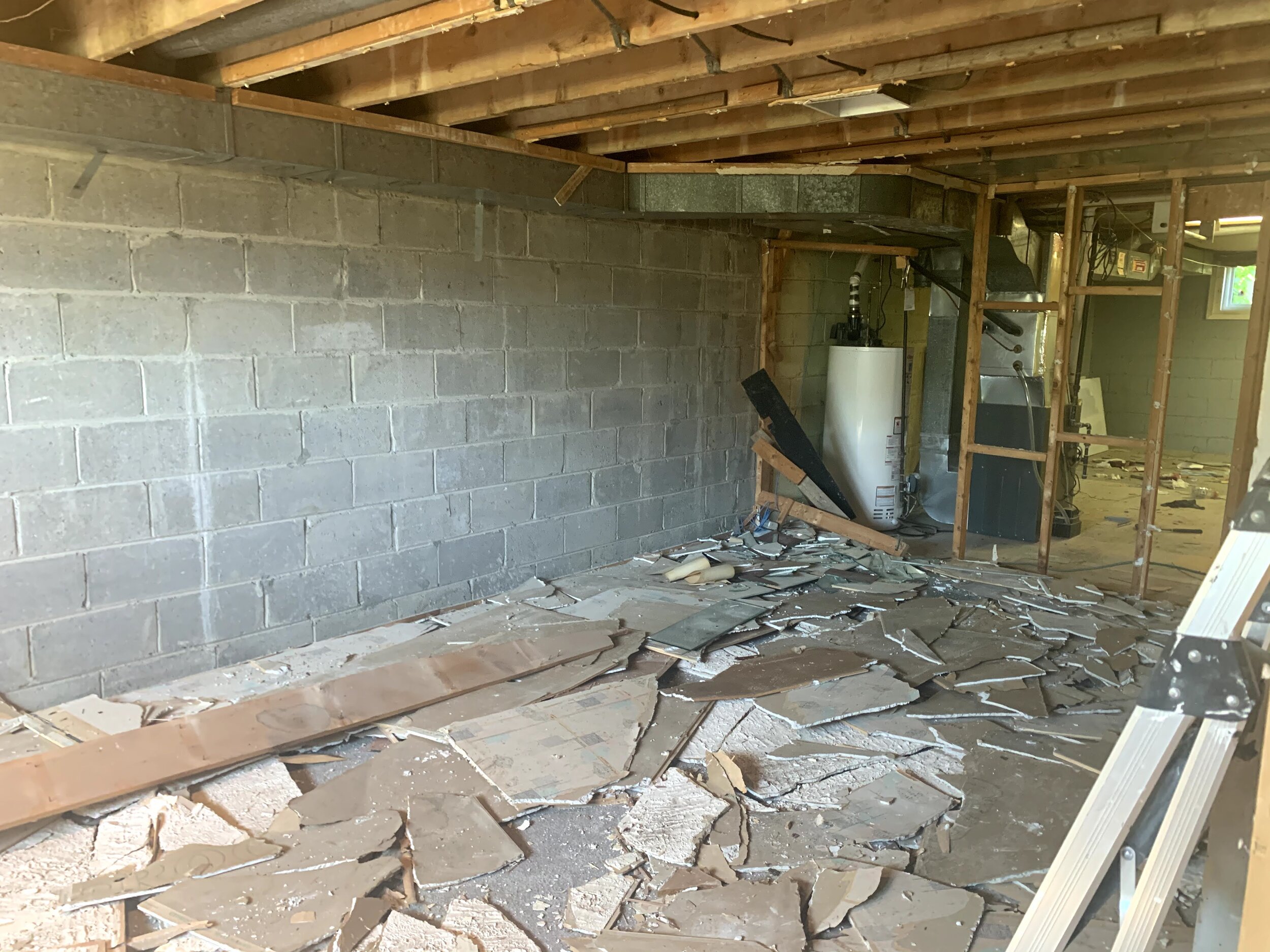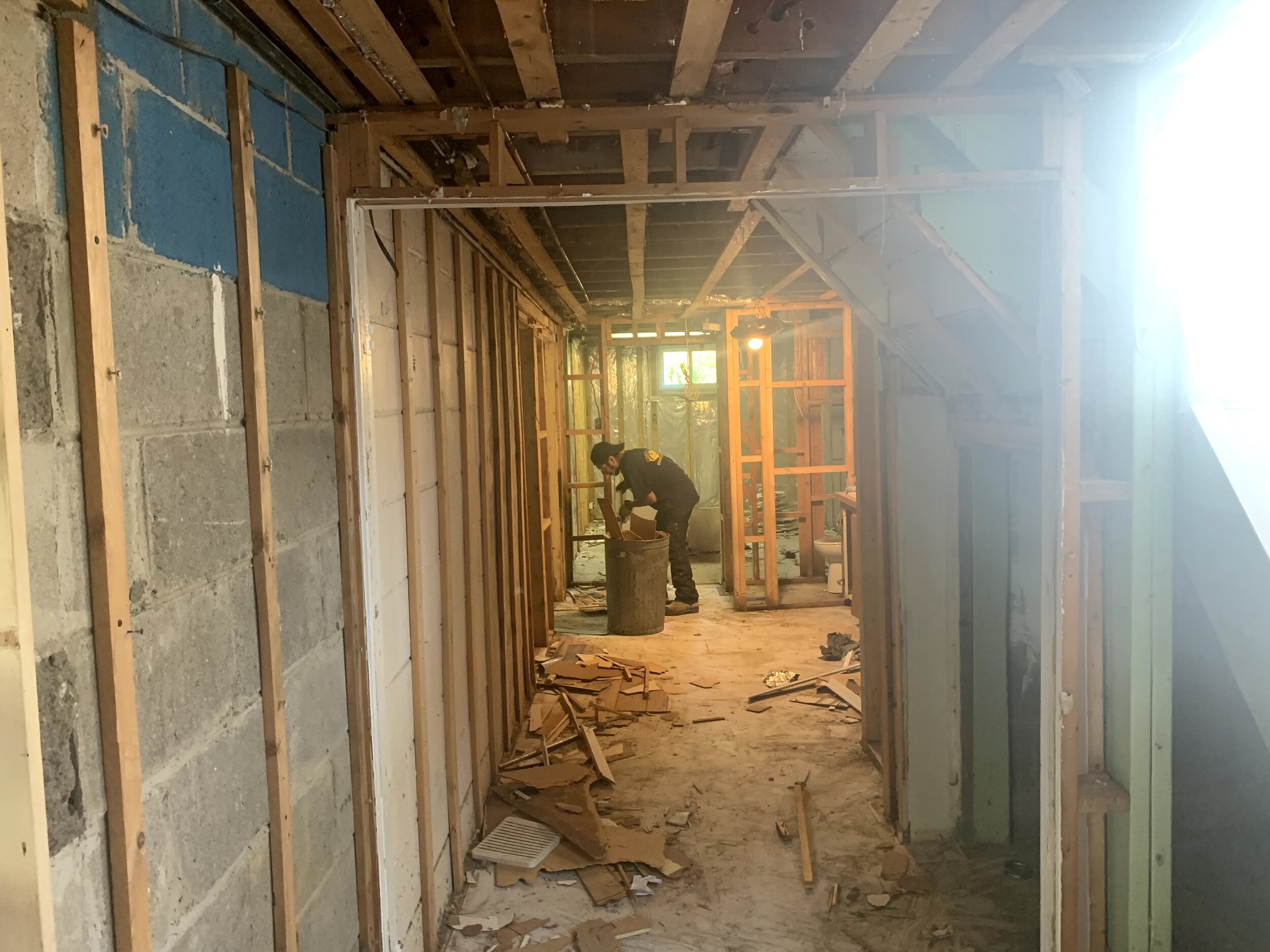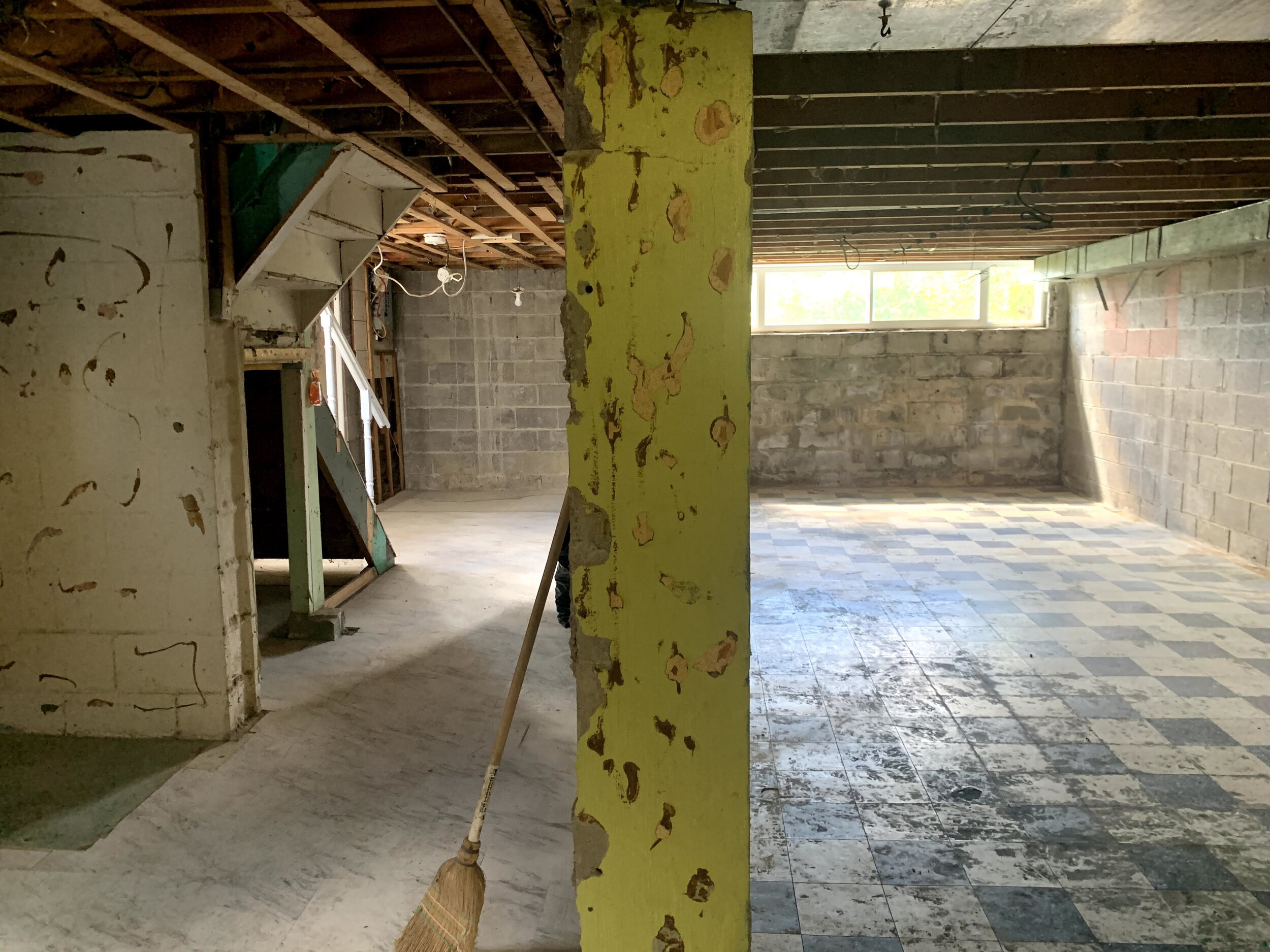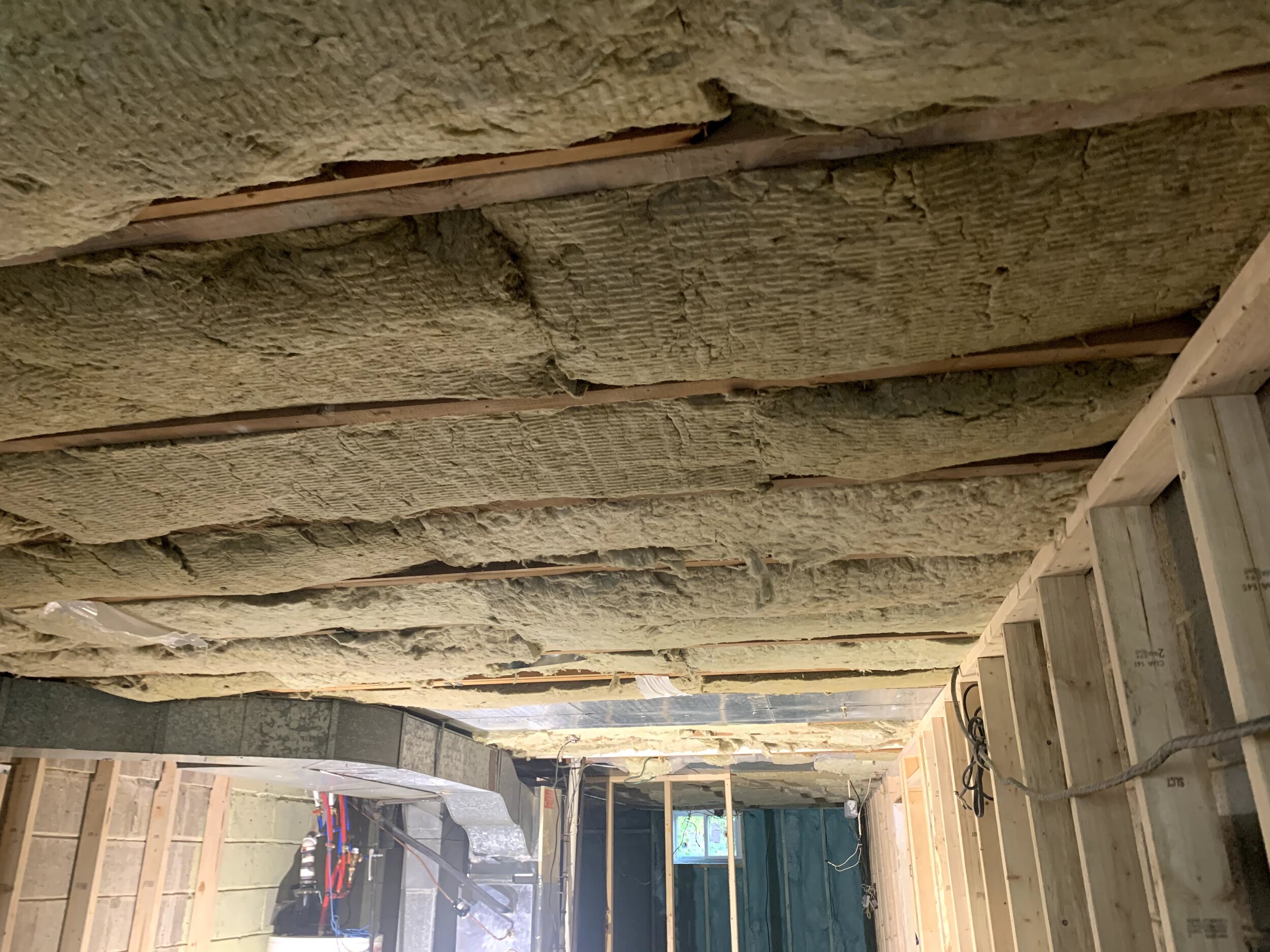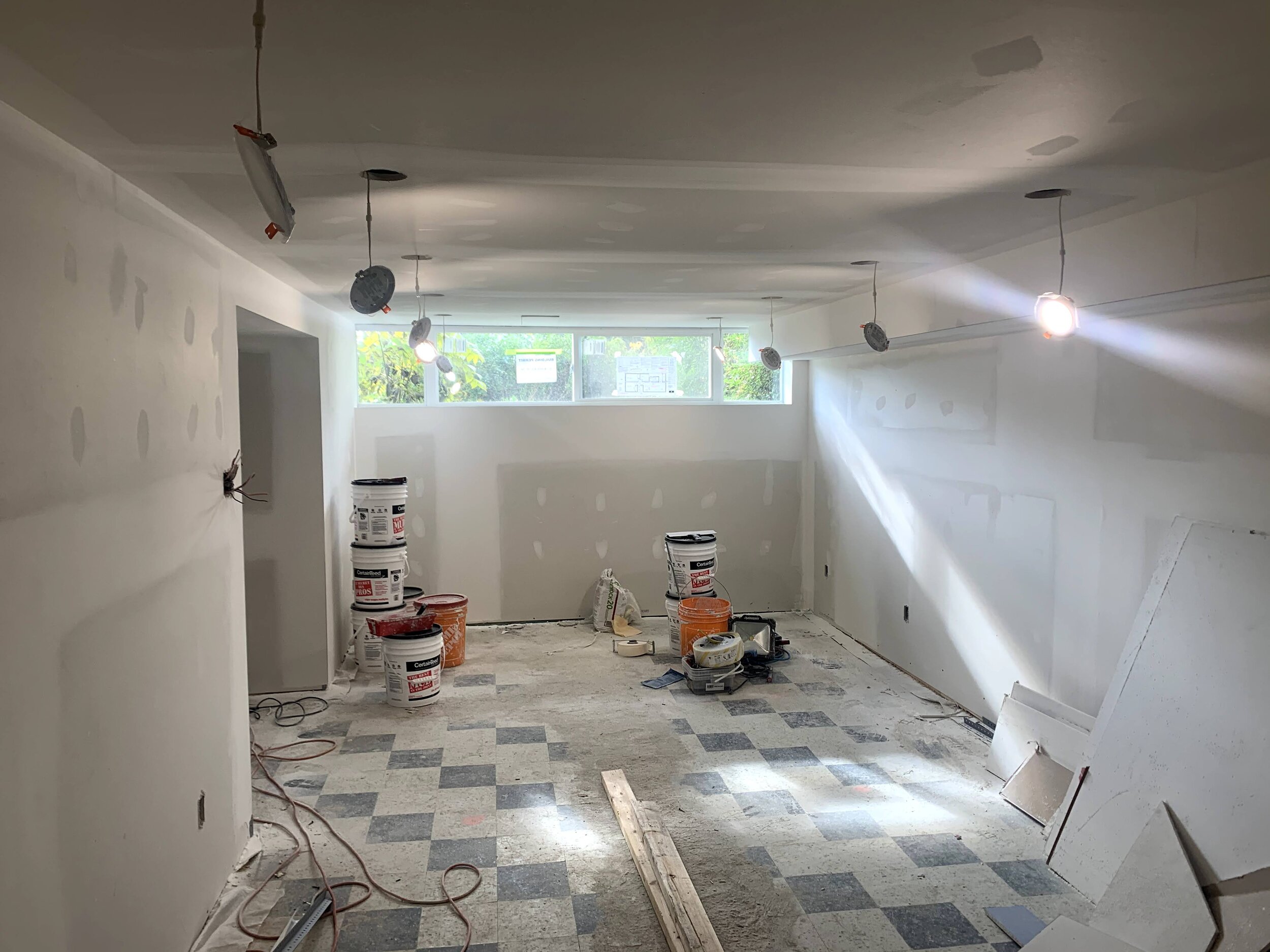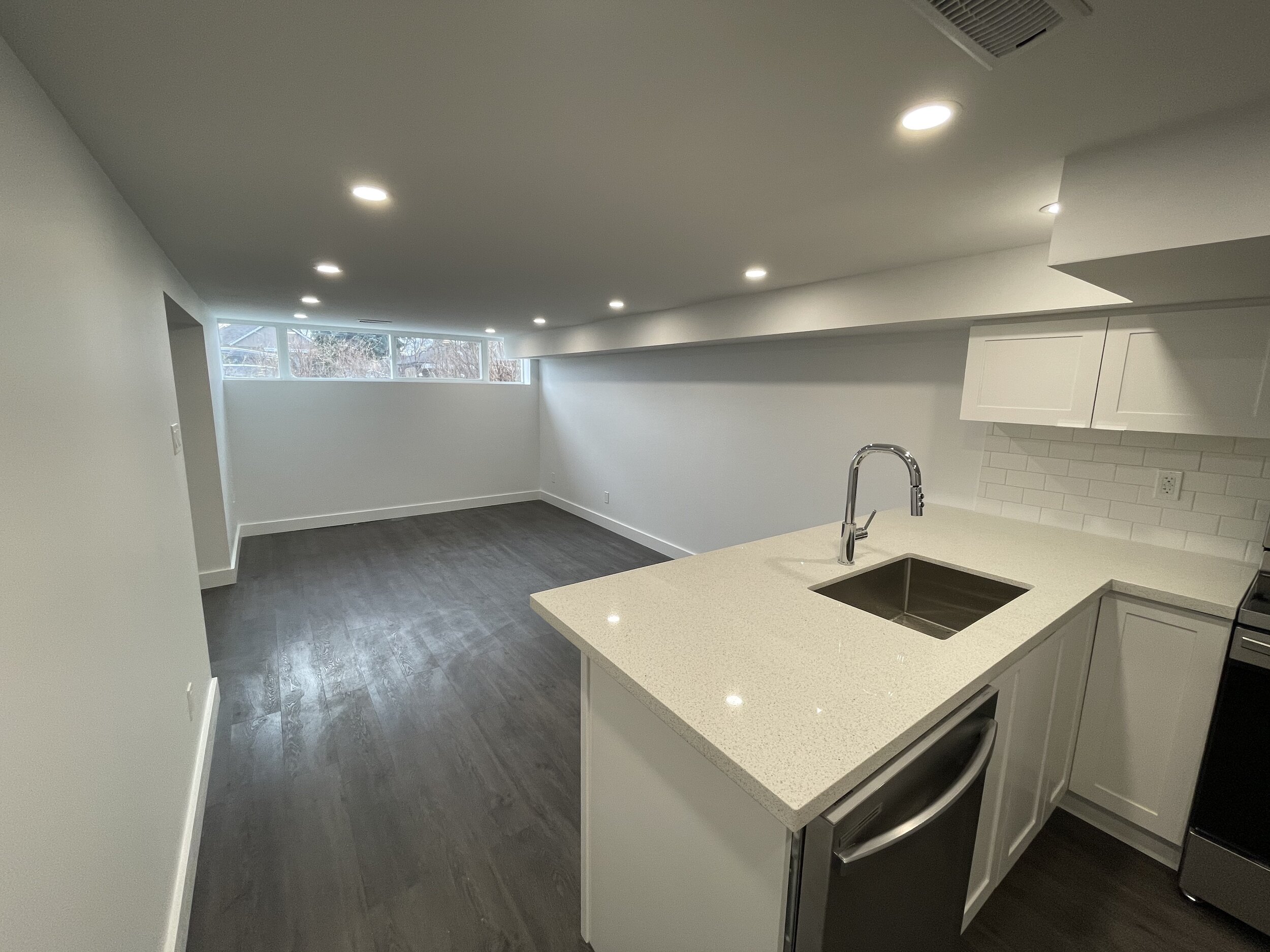Toronto: 2020.
When Coronavirus hit, it stopped everything. Lockdowns. Slowdowns. Panic. Concern. Anxiety. All of that happened. It’s how we reacted. Frankly, it’s how we react in general. I honestly feel that, as a society with access to social media and the internet and the endless scroll, all reactions have the ability to easily transform into over-reactions with very little effort (Natalia and I wrote about just this a little while ago).
Real estate isn’t immune to those feelings. Real estate demand is always - and has always been - about the confidence we have in the market. There’s even a phrase for this in economics: consumer confidence. When it’s high, prices rise. When it’s low, prices fall.
I bought a vacant house in 2020. People thought I was nuts. It was May, we had just come out of a lockdown. People were genuinely worried about their jobs - and rightfully so. Some industries weren’t going to survive. Jobs were certainly going to be lost. Pessimism was on the rise. Consumer confidence was definitely low. The end was definitely not in sight.
To add to that, as a property investor looking at market rents, prices were falling. Then there was the fact that some tenants were holding back rents from their landlords, ignoring their contracts and obligations.
Yup, consumer confidence was pretty low.
As an observer of the market (and now serial property investor), I believed we were in classic “over-reaction” mode in real estate in Toronto. That over-reaction would be corrected in due time. That meant I had to act. I had to be a buyer of my next income property. And I had to tell my wife about “our” plans, gulp.
You see, I’ve seen the market over-react in both directions (oh, hello, early 2017 - I have not forgotten about you and your tremendous over-valuations). My team was there for that ride. I’m fortunate enough to be able to pull from that experience.
If you spoke with me about real estate in April, May and June, you would have heard me encourage you to buy an income property - “or move up” if you were thinking of expanding the size/type of your home. “Now” was the time, for sure.
Part of my excitement came from my gut. Yes. A lot of it also came from looking at facts.
Prior to COVID-19, Toronto was on fire. The city kept growing and growing. Our immigration research shows that many (nearly half) of new immigrants end up in the GTA shortly after arrival. It’s where they are comfortable mostly because there are others just like them in Toronto. Definitely one of the benefits of being such a multi-cultural hub. My Greek parents ended up in Toronto because there were many other Greeks here. Some things never change.
Toronto’s economy isn’t big in any specific industry. It’s massive in every industry. It’s on the leading edge of the fastest growing industry (tech). It’s the financial heart of the country. And not just any country. Canada. Which, in 2021, is very different from the U.S.
Canada is globally recognized as safe and clean and law-abiding and inclusive. There’s the thing about access to health care, of course. That also plays a role.
None of these fundamental aspects of Toronto had changed in 2020. Toronto in 2021 will be exactly what we think it will be. There will be a normal again. Toronto will be Toronto again.
When real estate showings dropped off a cliff (!!) and sellers still needing to sell for any number of reasons in the spring of 2020, I knew I had a job to do. I had to buy my next property.
So I bought a house. It is a semi-detached bungalow (yes, they exist). It had a renovated main floor with 3 bedrooms upstairs and a mostly unfinished basement. It was exactly what I was looking for.
The Buy:
Semi-detached bungalow in Scarborough
Purchase price $720,000
Down payment $144,000
Mortgage of $576,000
The home was sold by the estate of the deceased owner.
The plan:
I didn’t want this home for what it was. That’s not my style. I wanted it for what it could be. I saw an opportunity to add another multi-family home to my portfolio. That meant creating a legal 2nd suite in the basement. I also had a few reservations about the upstairs renovation, so I felt compelled to put my touches on that unit as well.
Upstairs:
I had 3 goals here. I wanted a new kitchen (with new kitchen appliances). I wanted to place a laundry suite somewhere in the unit so the new tenants would have private laundry. And I also wanted to introduce proper smoke/CO2 alarms that would integrate with the basement.
Achieving those goals cost me about $15,000. I also splurged and put in brand new windows. I couldn’t resist.
The upper suite was rented to a great family for $2,250 per month plus utilities.
Downstairs:
I had to do everything in this basement. There’s nothing I wanted to salvage really. When you hear about full-gut renovations, this was that. I even ran new underground drains just so I don’t reuse any old plumbing that may have been faulty. Last thing I want is to tear up the floors to fix a plumbing issue in the future.
We worked - and then reworked the layout for the basement. I settled on a 3 bedroom layout. There’s a great work-from-home space in one of the bedrooms. There is tons of storage space. Closets everywhere!
I spent much more money on this part of the house. All-in, I’m closer to $70,000.
The lower suite was just rented to a couple that have grandchildren in the area for $2,000 per month plus utilities.
Renovations completed
I closed my purchase on July 28. The home had passed final inspection by the city in December. The basement took about 3 months from start-to-finish. It was smooth, it was perfect.
Fast forward now to early 2021. Where are house prices in the area? Similar homes (including the attached neighbour to me in original condition) have been selling for $850,000 to $880,000. If I listed the home today for sale, I’m very confident I’d achieve close to $950,000 in market value. This home is going to play a large role in my future, I will not be selling any time soon.
I’m a big fan of the Buy-Renovate-Rent-Refinance (BRRR) strategy. I’ve modified to customize it for myself, it’s called the Mangos Method when I do it (shameless plug: I teach this to clients at mangosmethod.com if you were interested).
I had completed the B, and the first two Rs. Now I wanted to move to the refinance. For those that aren’t too familiar with this strategy, I’ll explain why refinancing in this strategy is absolutely, positively, unequivocally ah-mazing.
The last “R”
When you first buy a place with 20% down, you’re borrowing 80% for the rest, right? In this case, I put down $144,000 and borrowed $576,000. I had to finance the renovations part as well (all from my home equity line of credit, or HELOC). When renovations were completed, it was time to refinance with an appraisal that would come in above the $720,000 I originally bought the house for, and for which the original mortgage was based on.
The goal was to have the appraisal completed showing a market value of $950,000. If that happened, I would take a new mortgage to replace the original one. The new mortgage would have been for 80% of $950,000 = $760,000.
That $760,000 would go towards paying down the original mortgage ($576,000) and to paying me back for my down payment ($144,000). Essentially, the $760,000 cheque I wanted to receive would have covered the entire purchase AND the first $40,000 (of the $85,000) of renovations.
Having done this before, I honestly expected the appraisal would show $950,000 and the plan would be executed flawlessly.
Such was NOT the case, however. The appraiser decided that $880,000 was the appraised value. The same price that a nearby semi-detached bungalow sold for without a legal or renovated basement apartment. The appraiser clearly did not agree on market value. I fundamentally disagree, but that’s a discussion for another day. For now, suffice it to say that appraisers really aren’t accurate when you’re the best home on the street. They have internal informal limits that they apply so that they can’t ever come back with an appraised value above any recent sales. They don’t want to be challenged by their clients - the lenders.
I was up against the clock - having already spent this extra cash on the next project (more on that in the days/weeks to follow), so I had no choice but to work with this single - and unfair - appraisal. Closing on the next place was in a week, they had me right where they wanted me! I had no time to get a 2nd opinion on my 2nd suite renovation.
Still, let’s see what this refinance did, shall we?
80% of $880,000 is $704,000. That covered most of the $720,000 I paid for the house. I’m short just $16,000. Along with that, I’ve got my renovation money of $85,000 still in the house. For now.
Final Results
I’m in for around $100,000 of my own money (well, from my HELOC, really). And I have 20% equity at this “lower” value of $880,000 - which is $176,000. Based on this lower valuation, I still turned $100,000 into $176,000 in a few months. In my honest opinion, that should have been more like $60,000 (if my purchase was covered and the first $40k of the $100k renovation) turned into $190,000 (20% of $950,000). But I’ll take it. It’s still a huge win.
I could sell today I’m sure for $950,000 or very close to this and realize that gain. This home will play a key role in my family’s future, so I won’t. It is nice to know, though.
Thinking long term
My plan was to buy when I saw an opportunity and hold for the long term. Even if I did not buy as well as I did, the results would still be amazing over the mid to long term. I know that. I’ve seen this first hand for years.
Here’s the absolute truth: Time IN the market in real estate is way more important than timing the market. Always remember that. That’s where winners are made.
If you take anything from reading this, I hope you see real estate investing through a different lens. Investing in real estate has changed my life and given me the confidence to make choices in my life that are not born out of “lack”. I know I’ll have a fine future because of it.
Are you a real estate investor yet? If not, what’s holding you back? Call me. Let’s talk about this.


